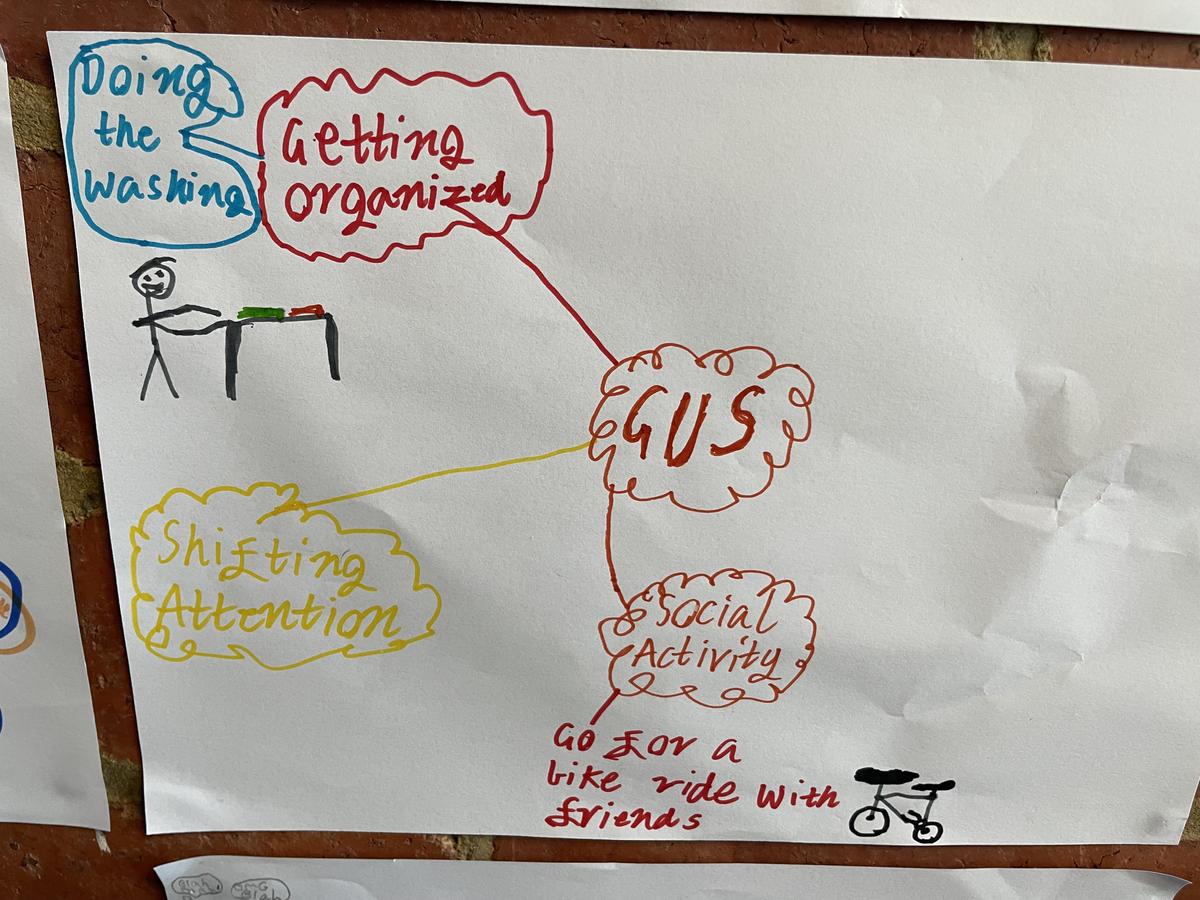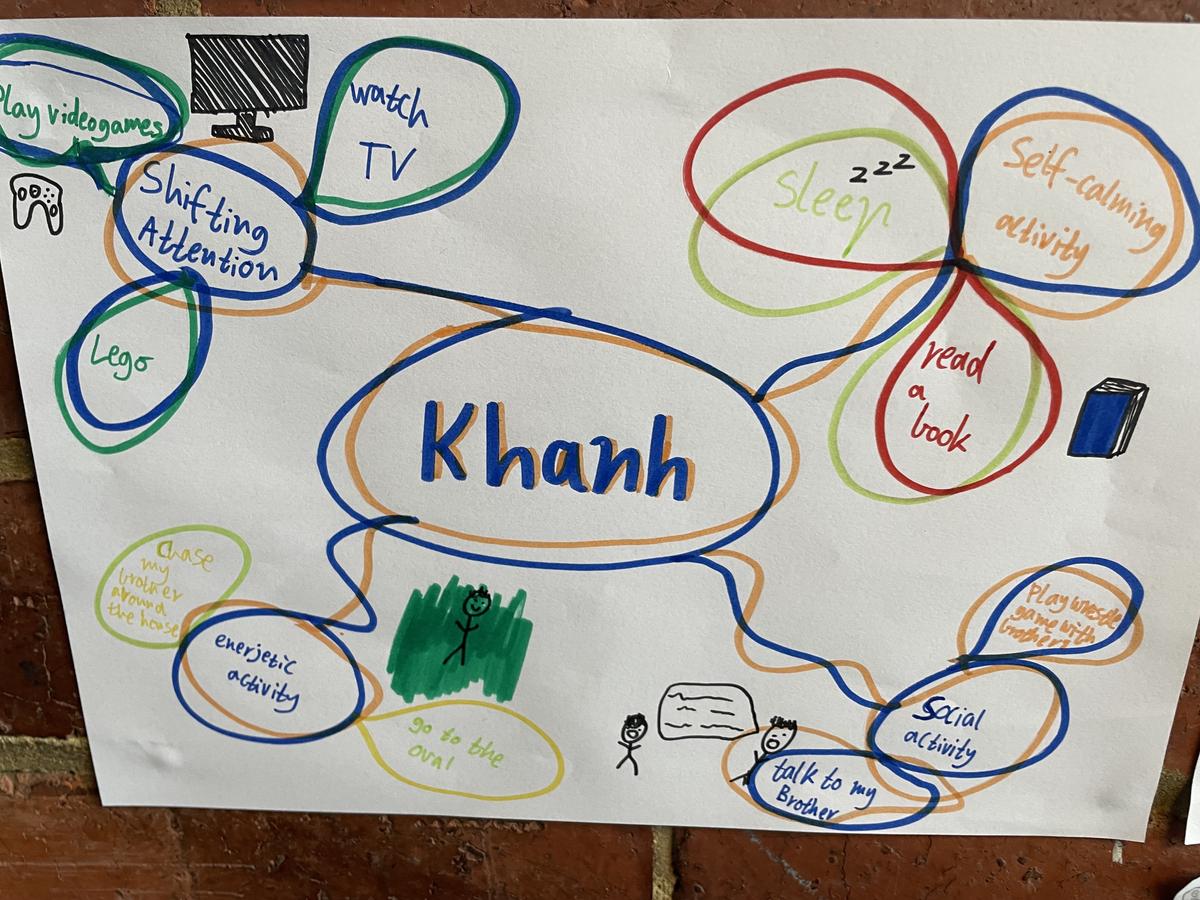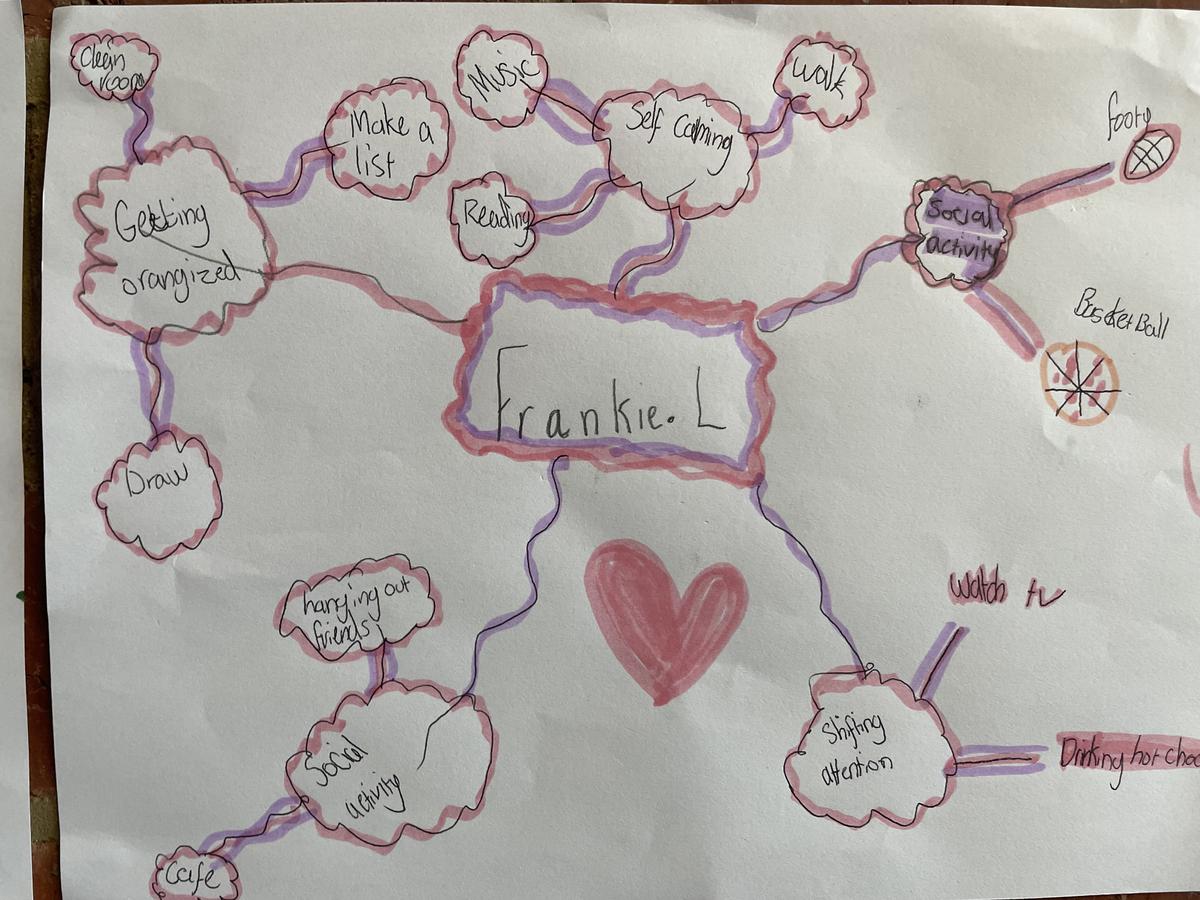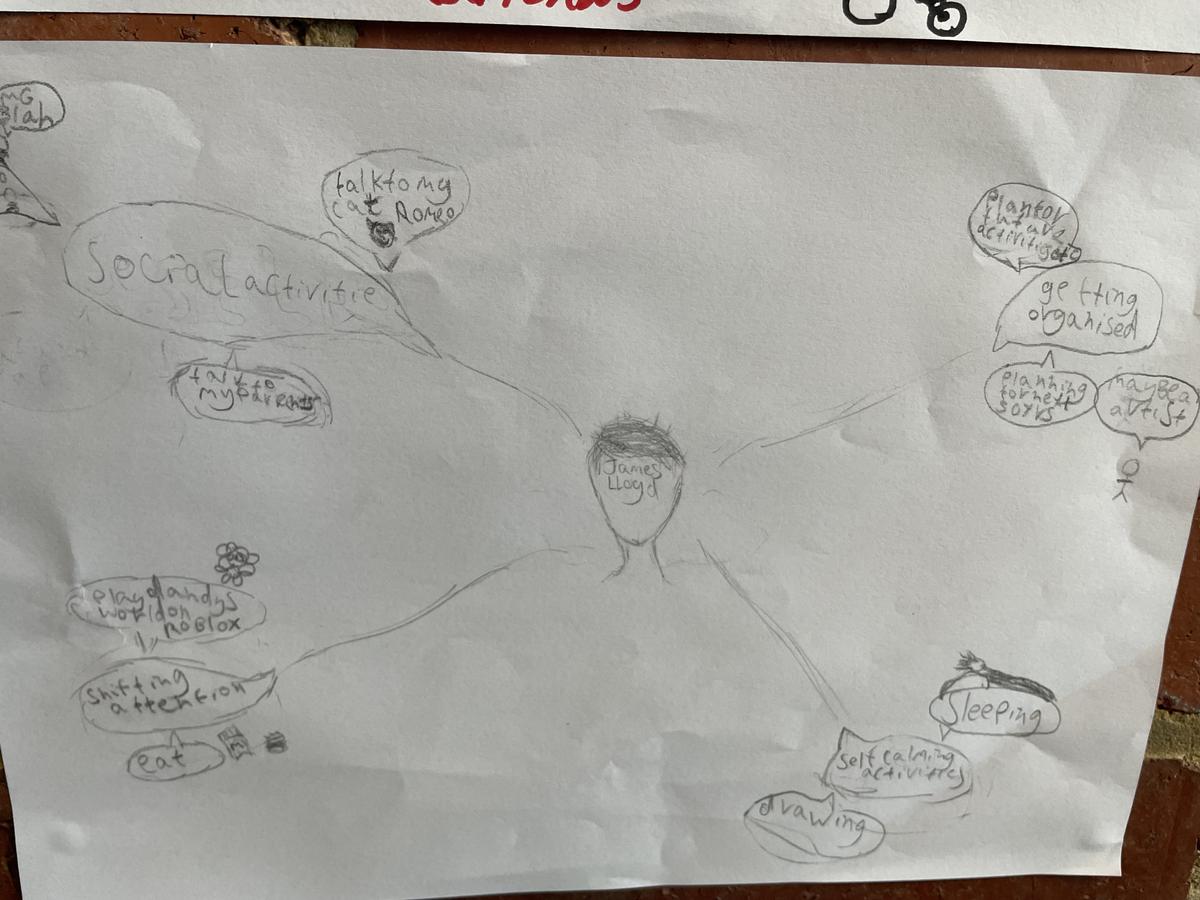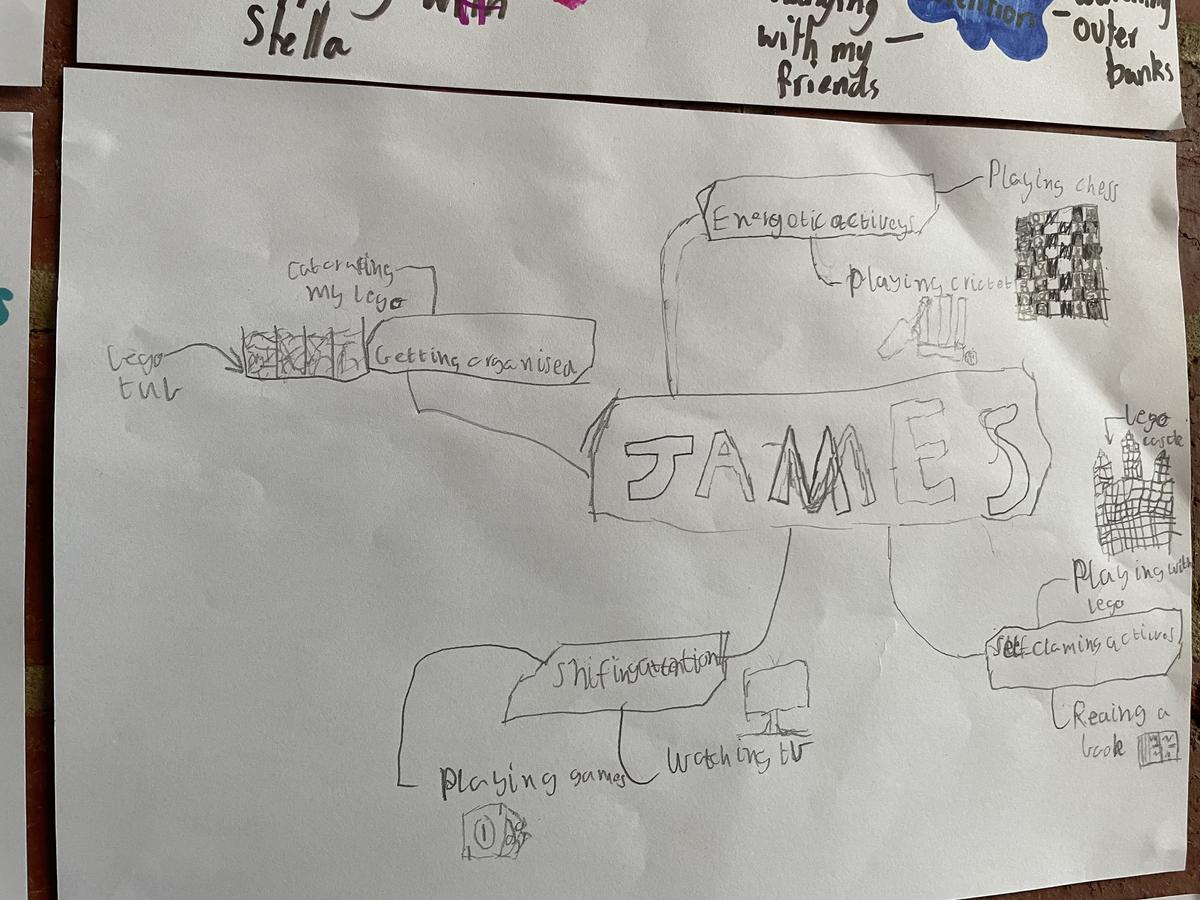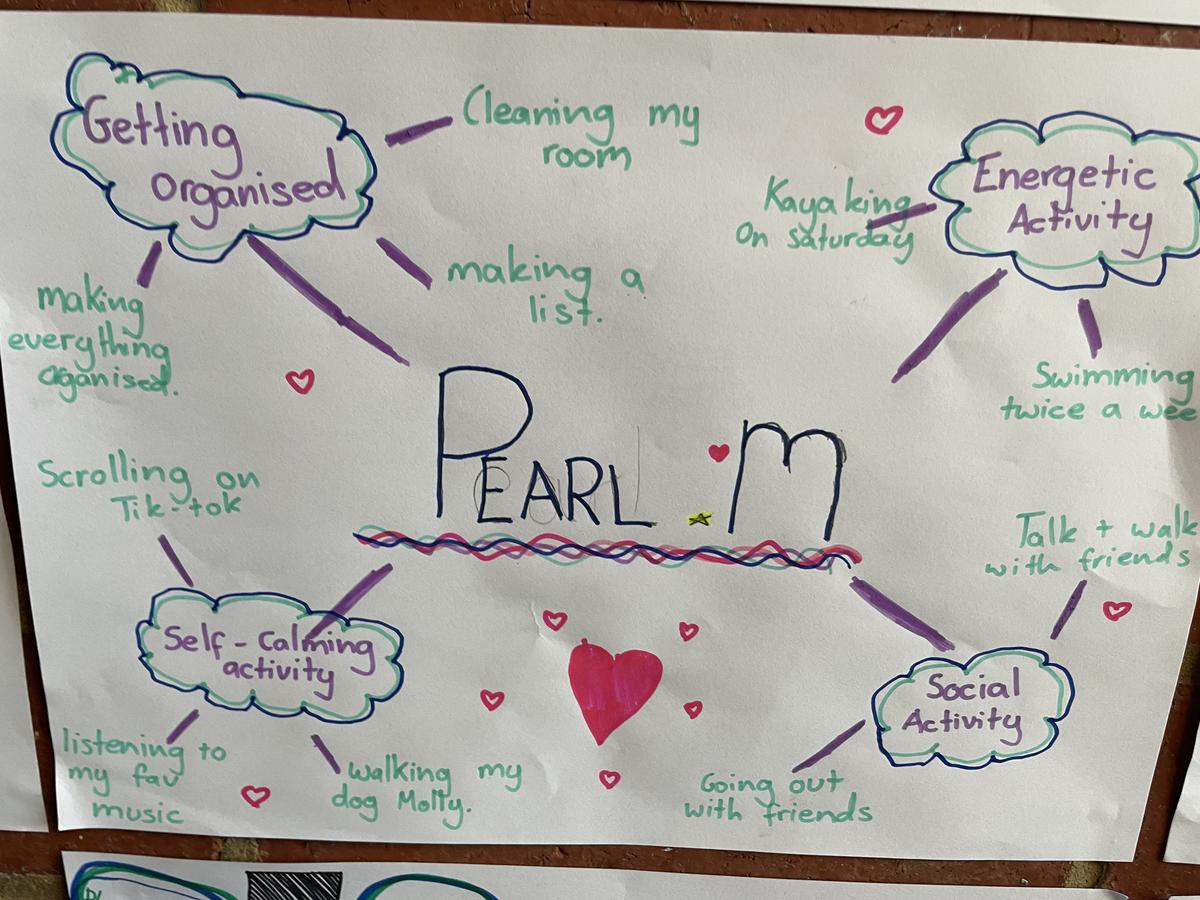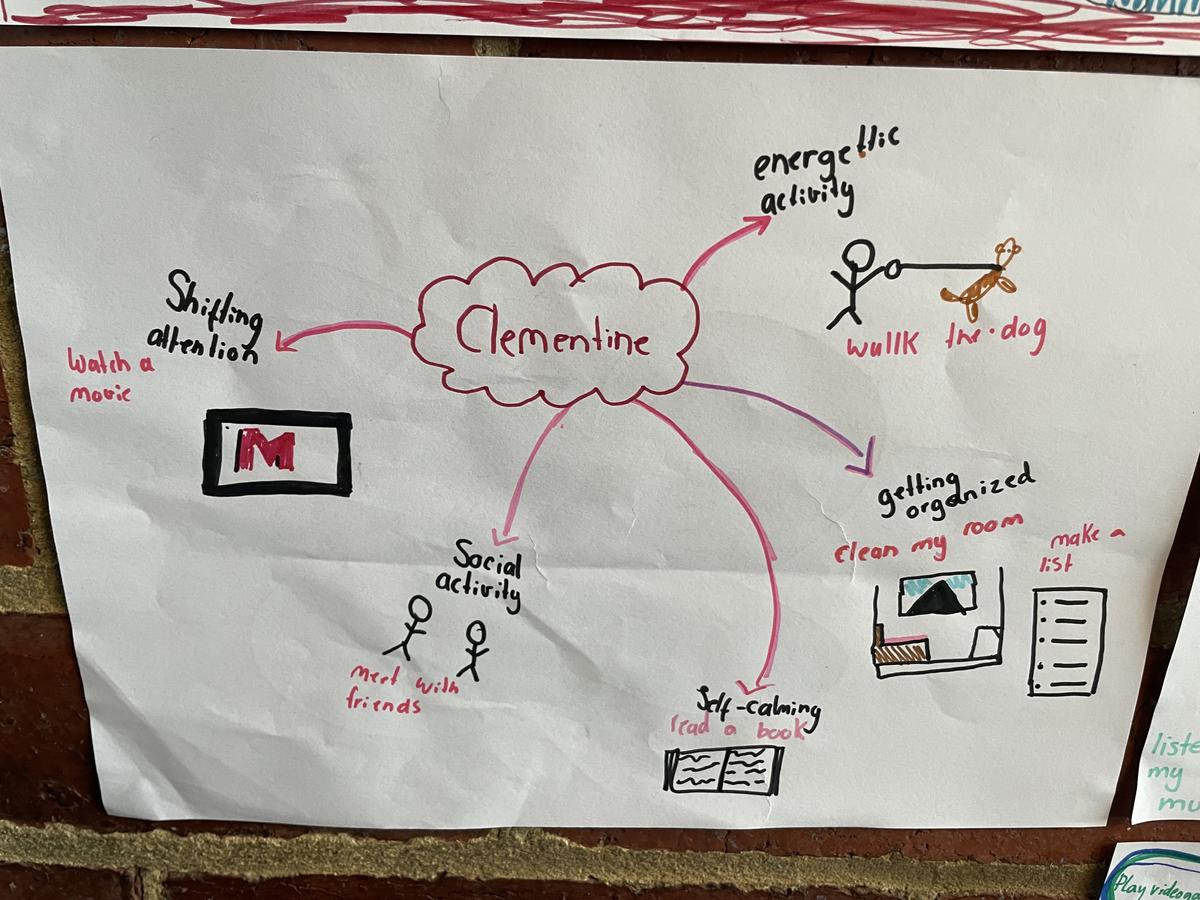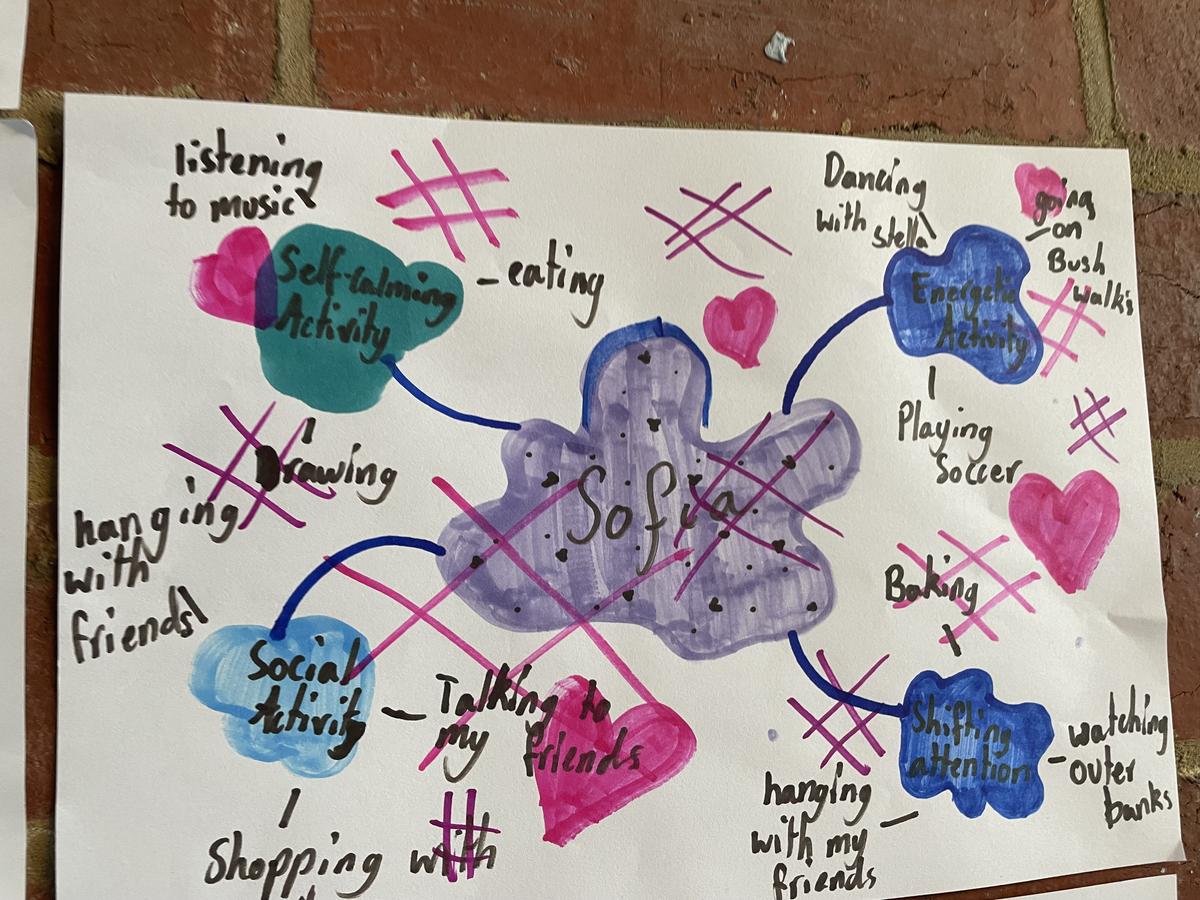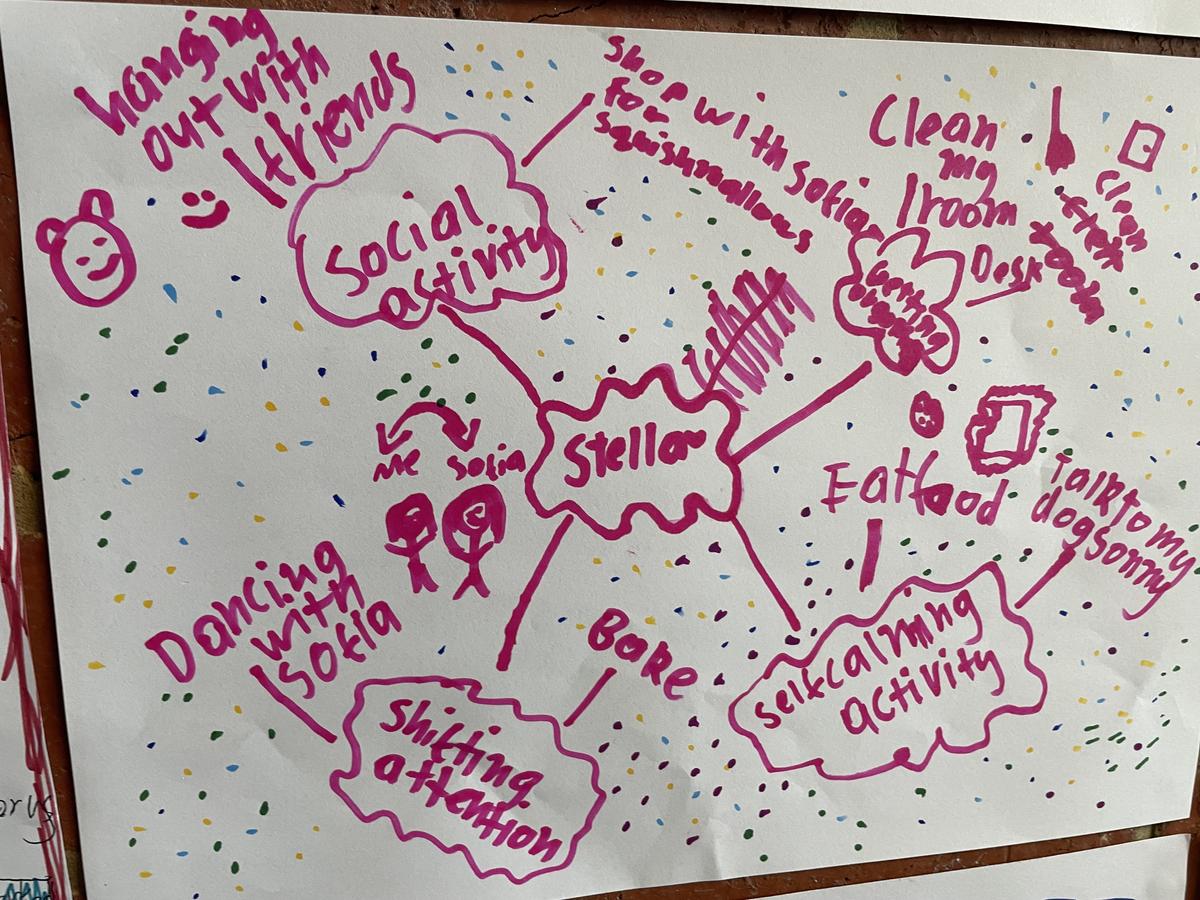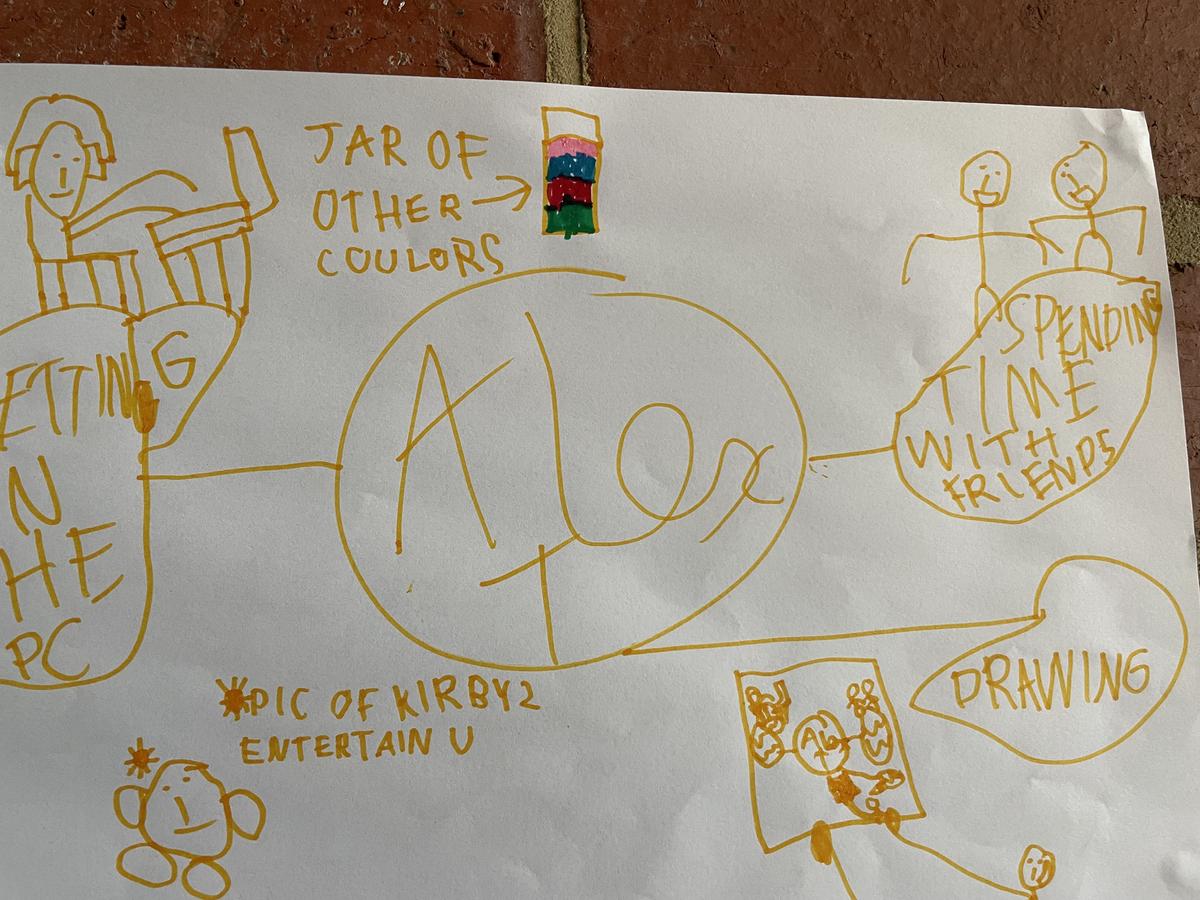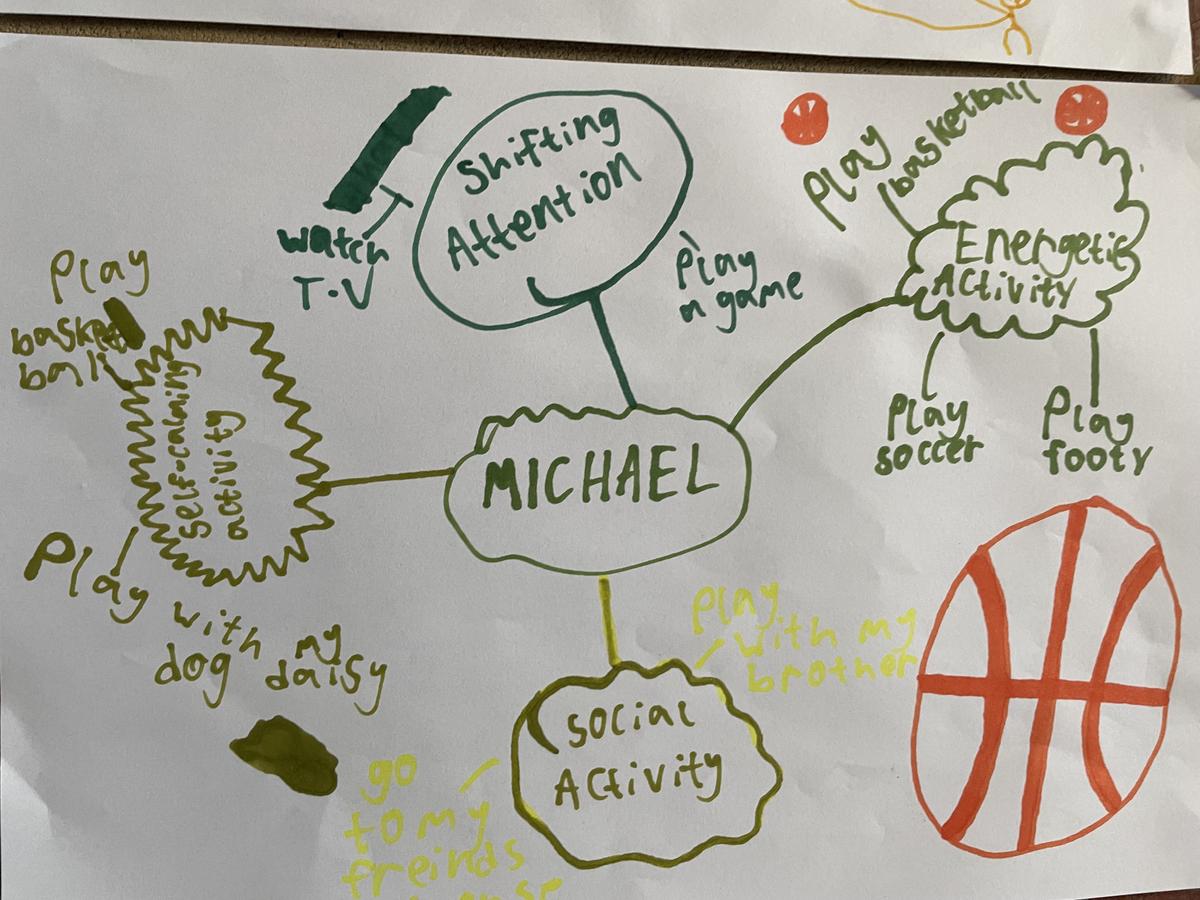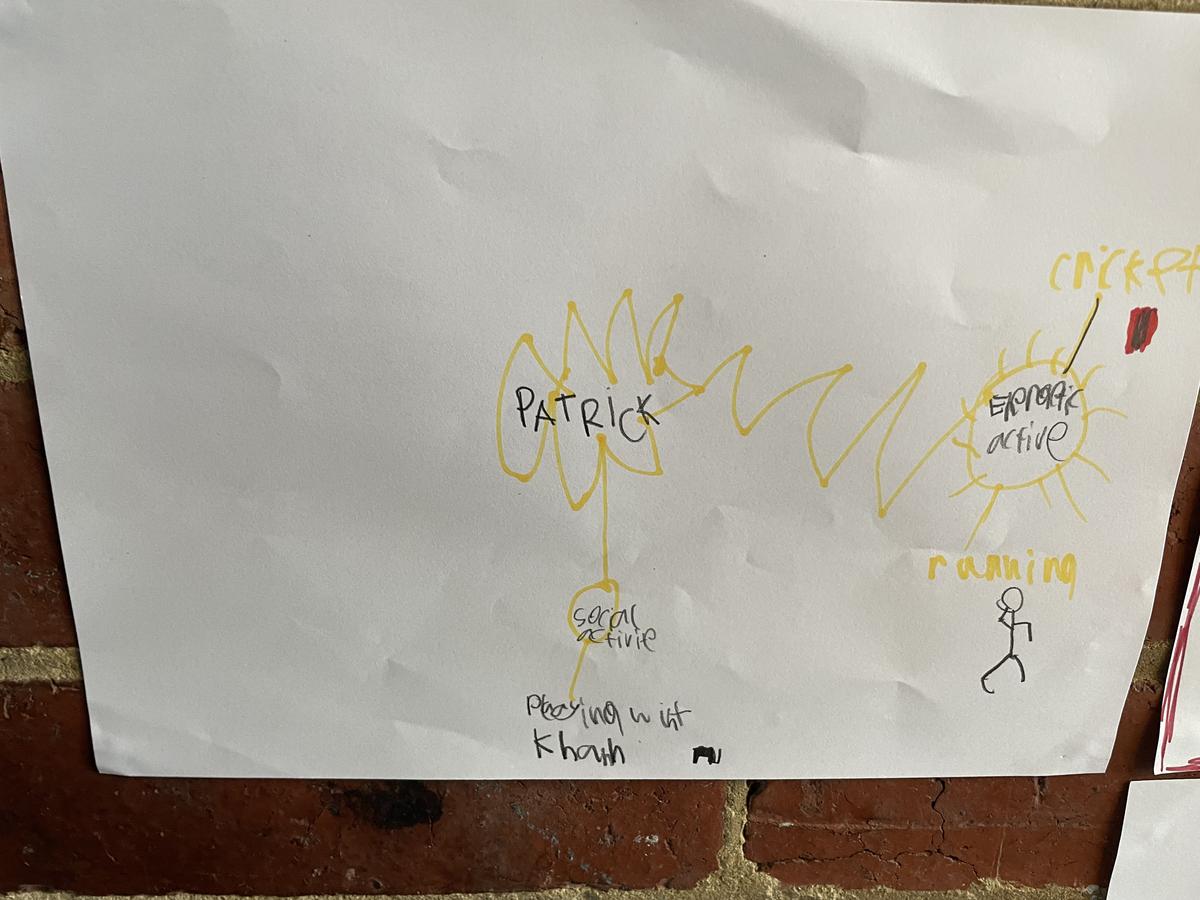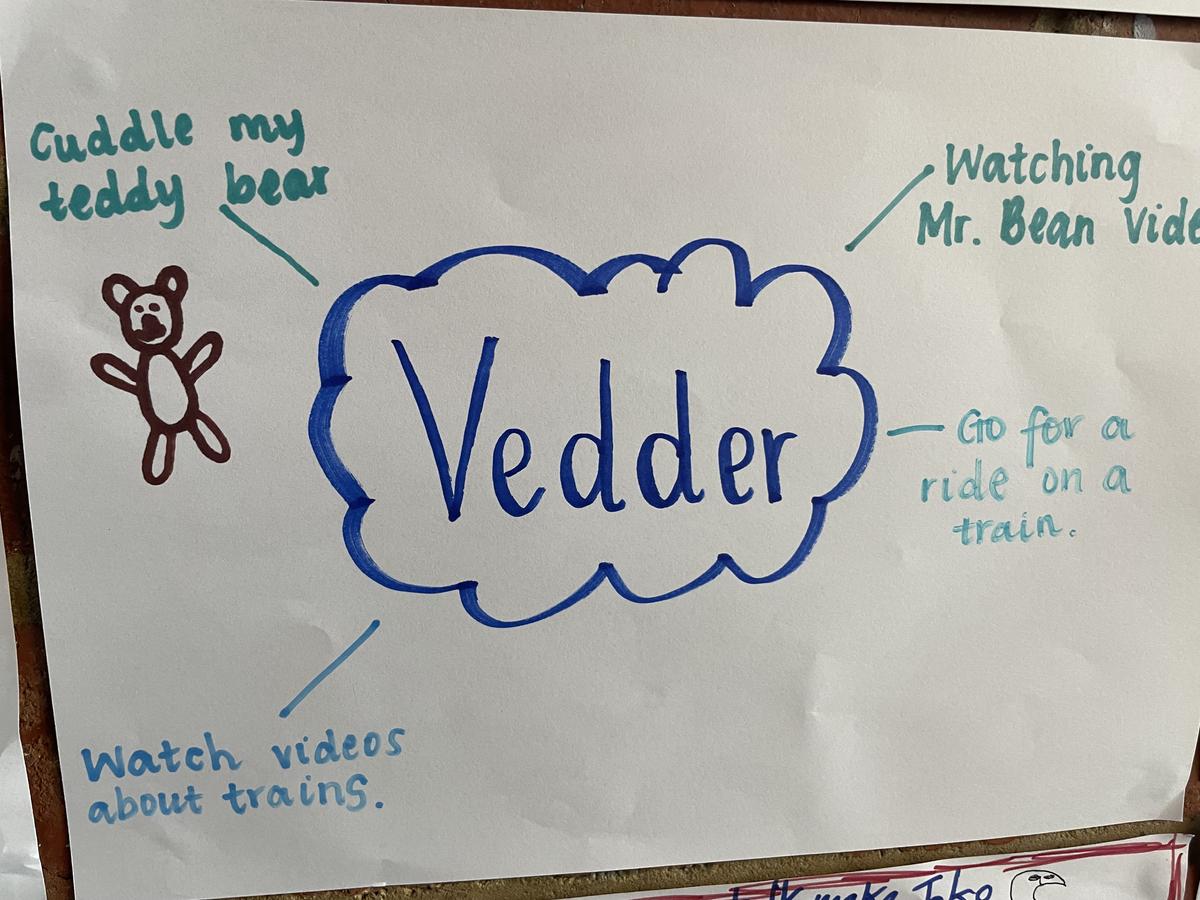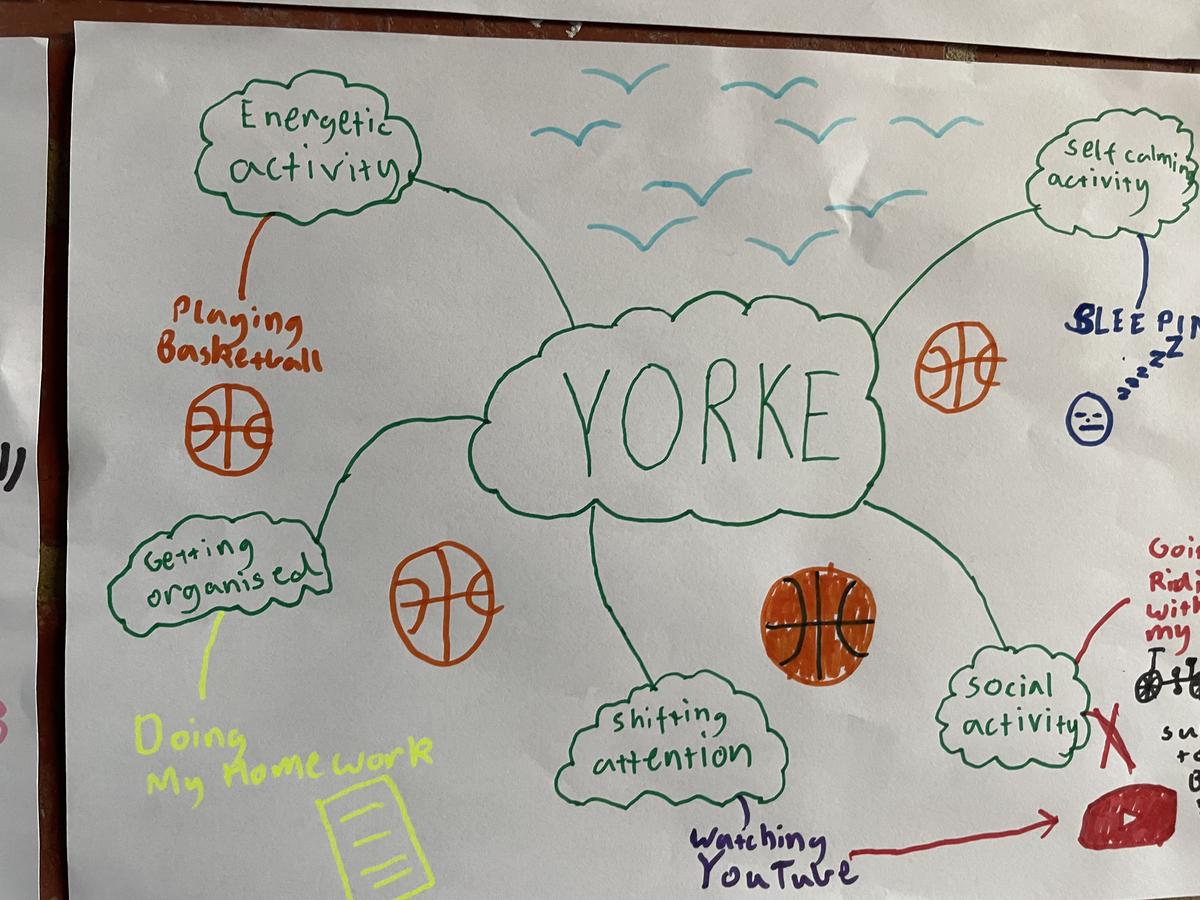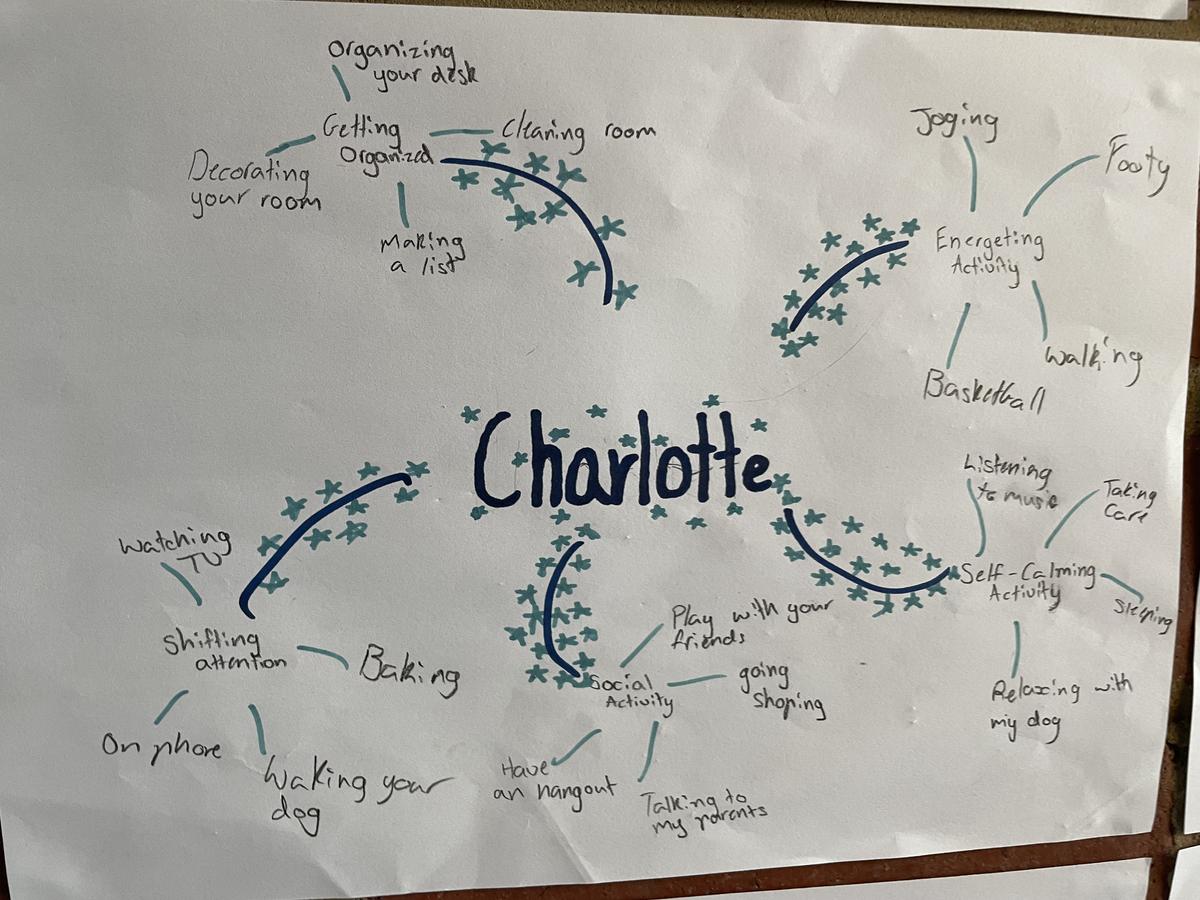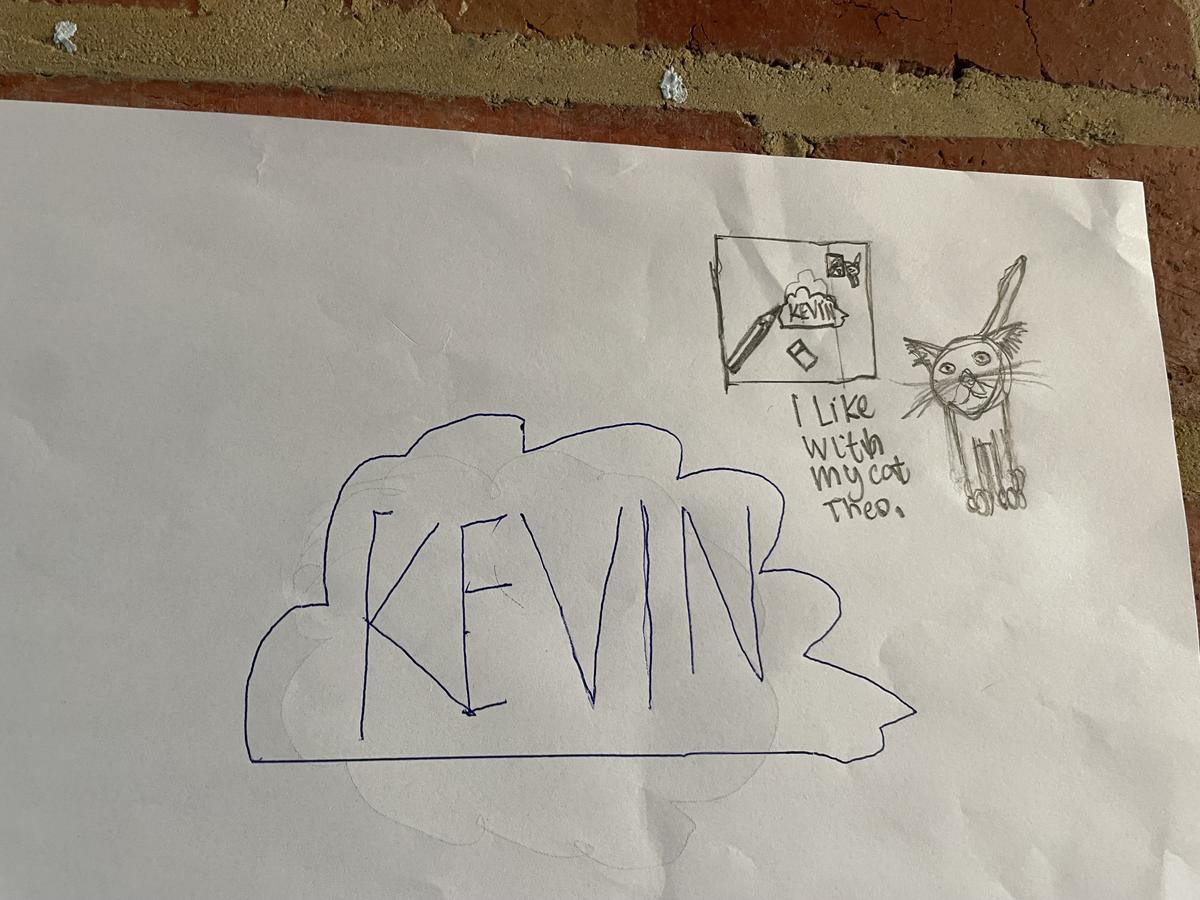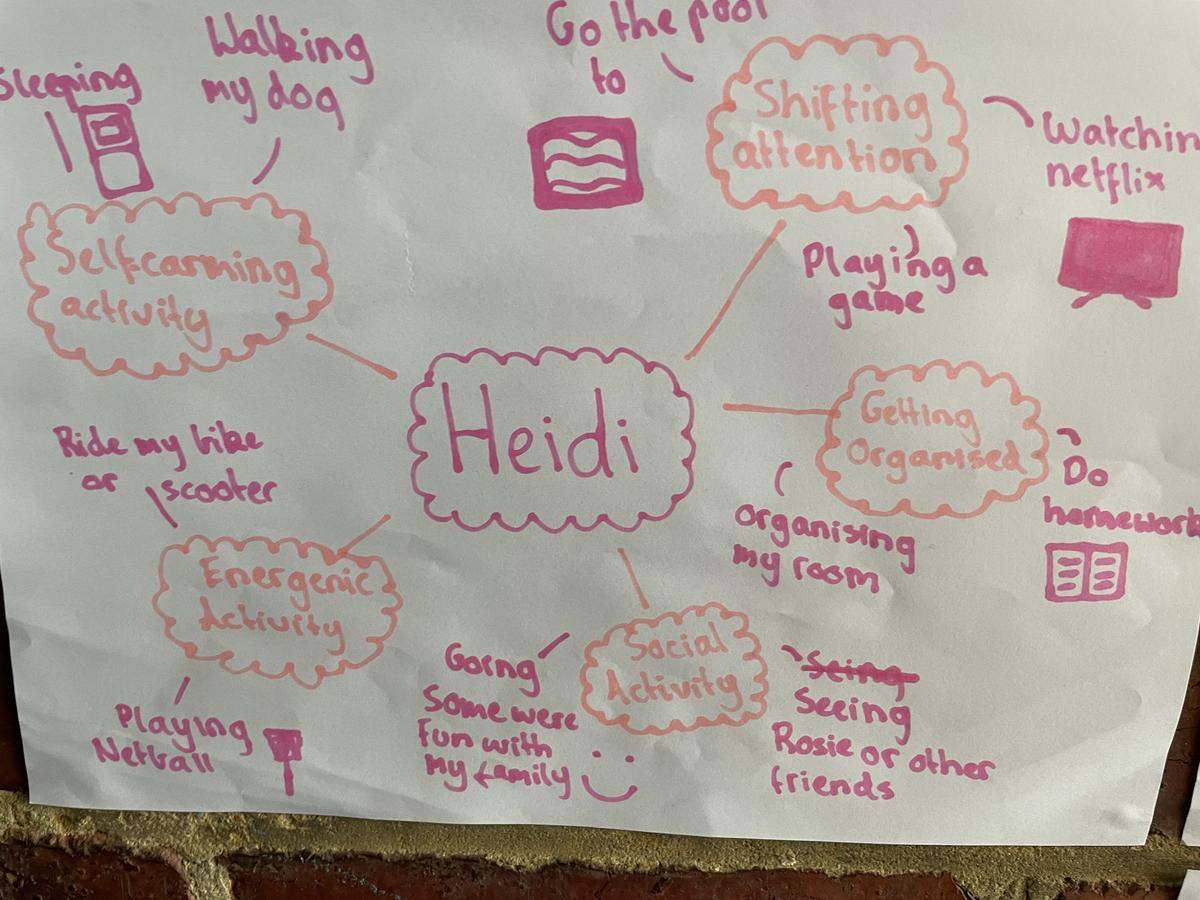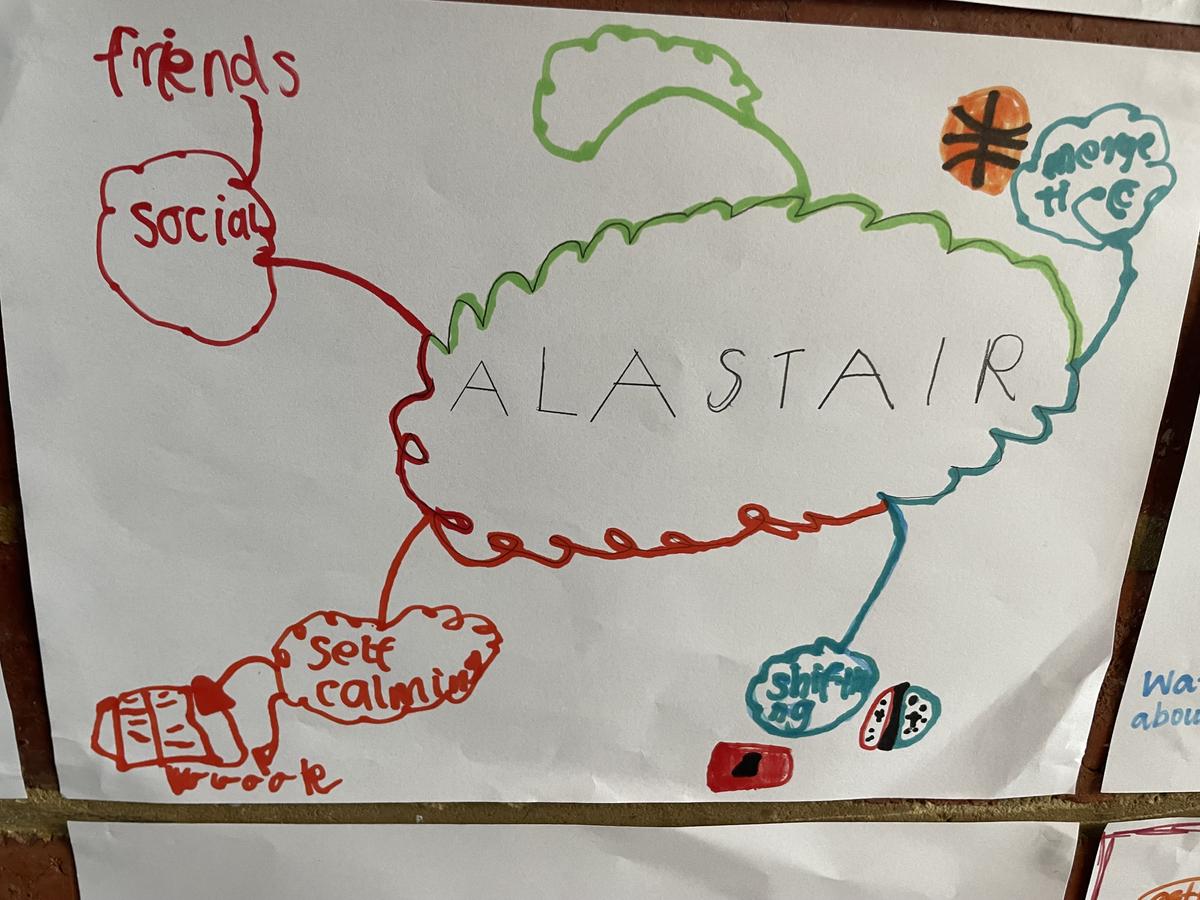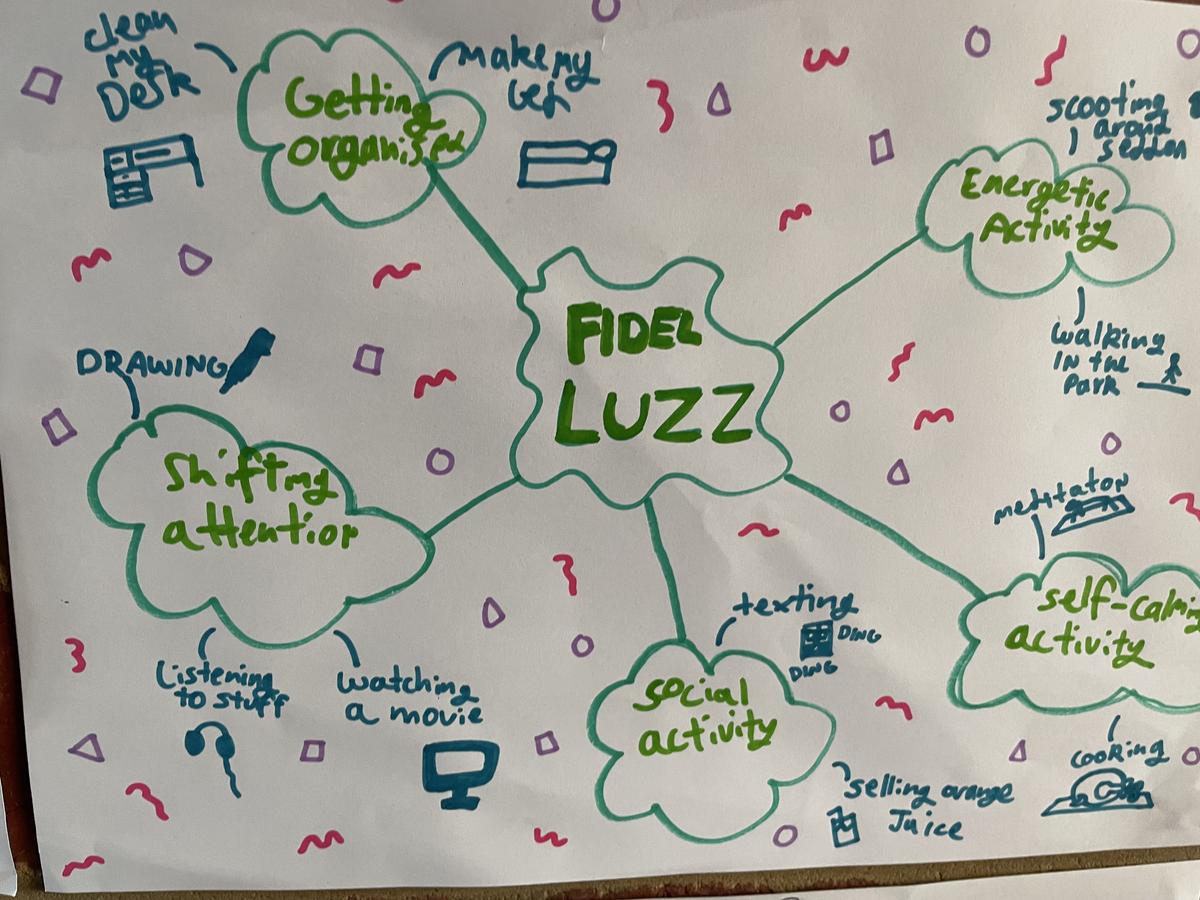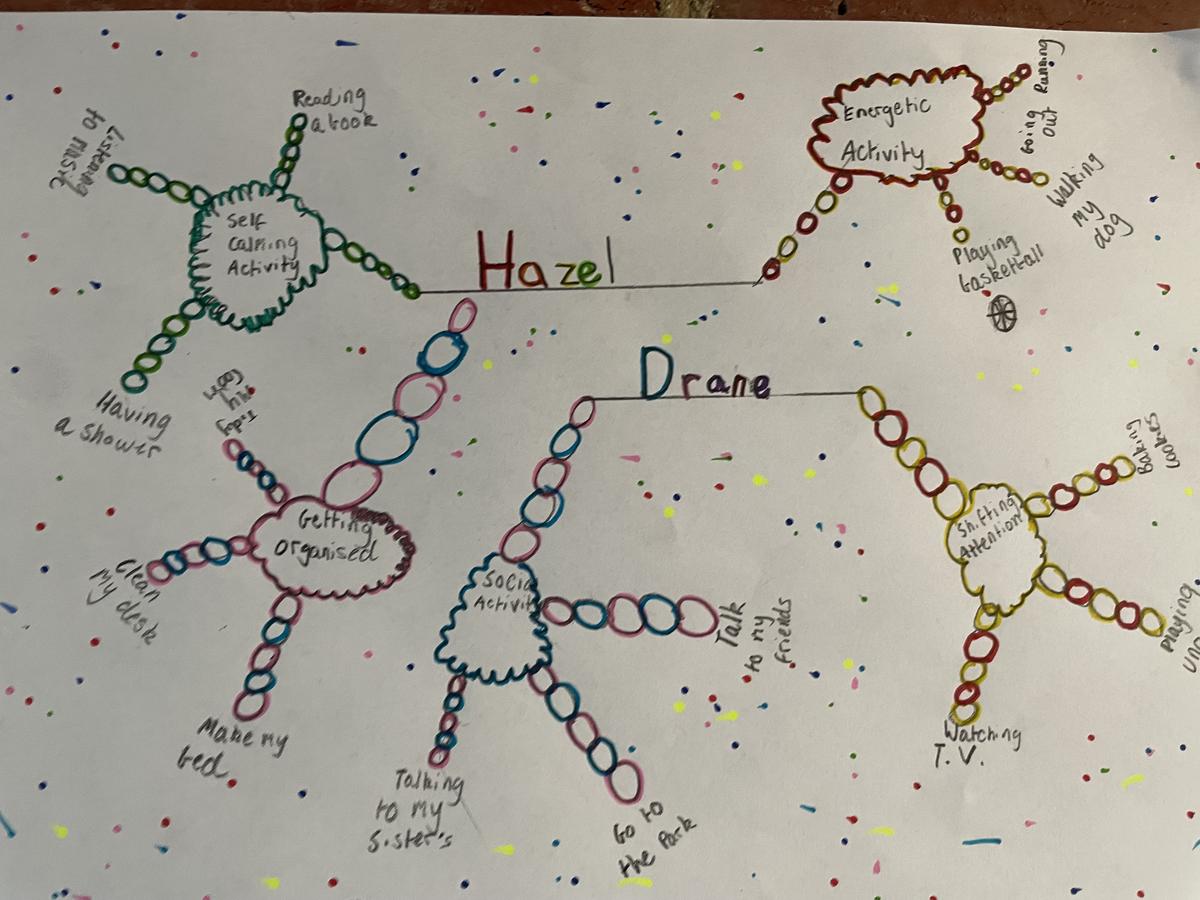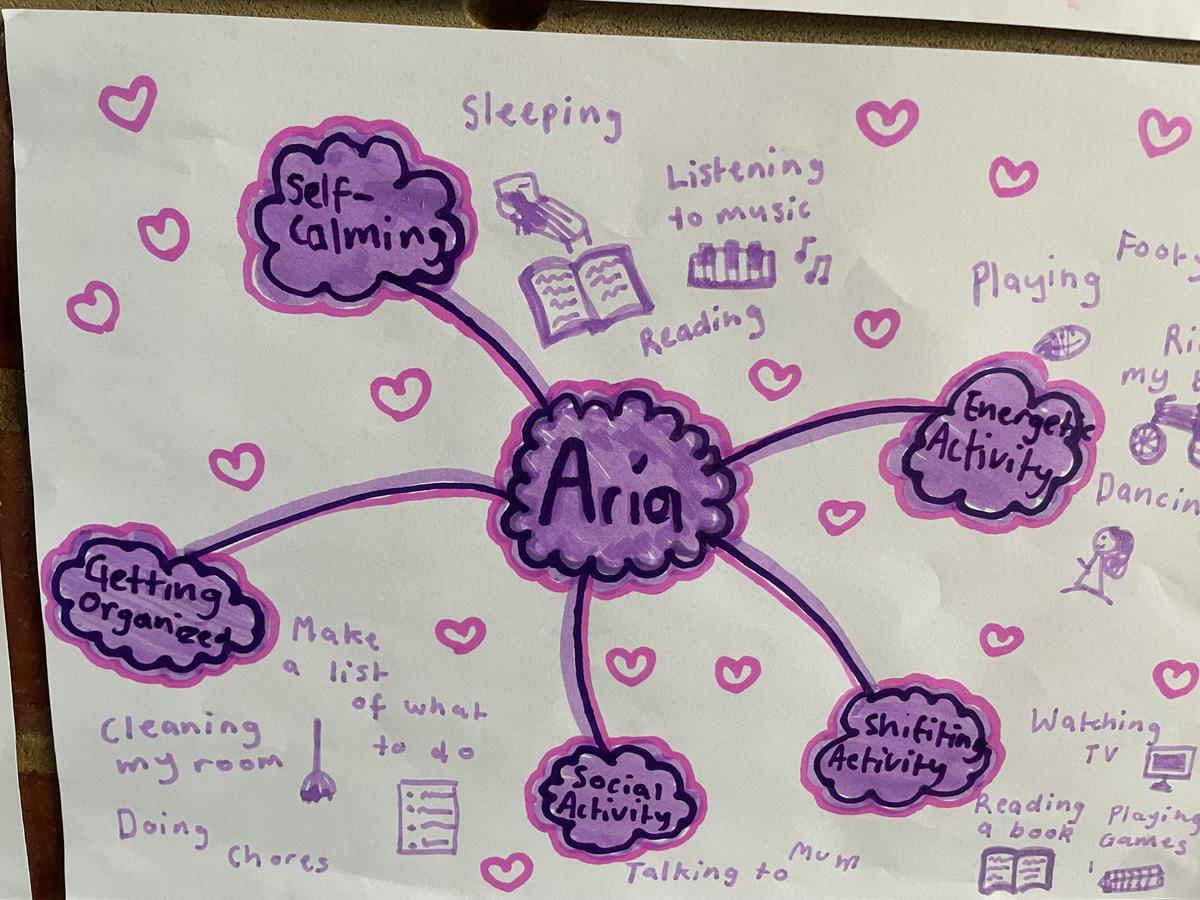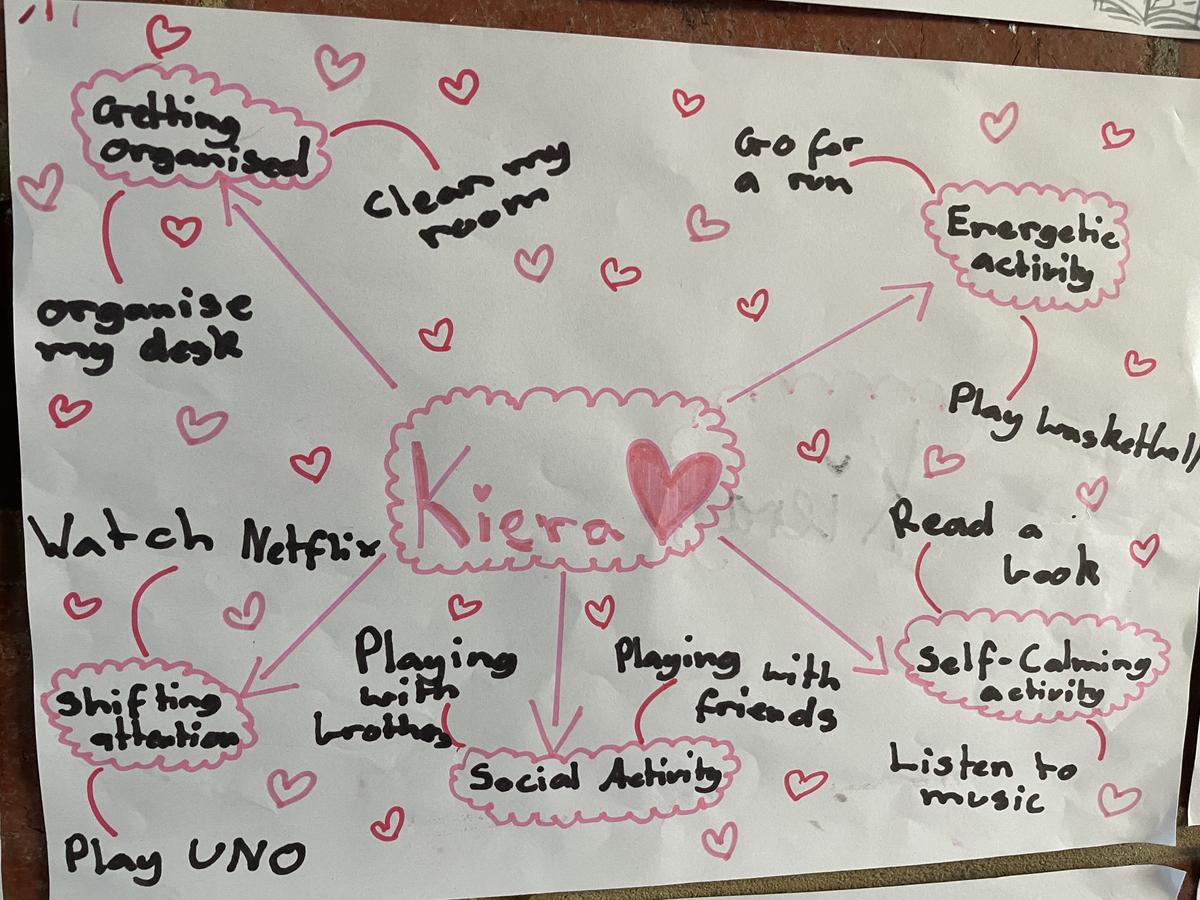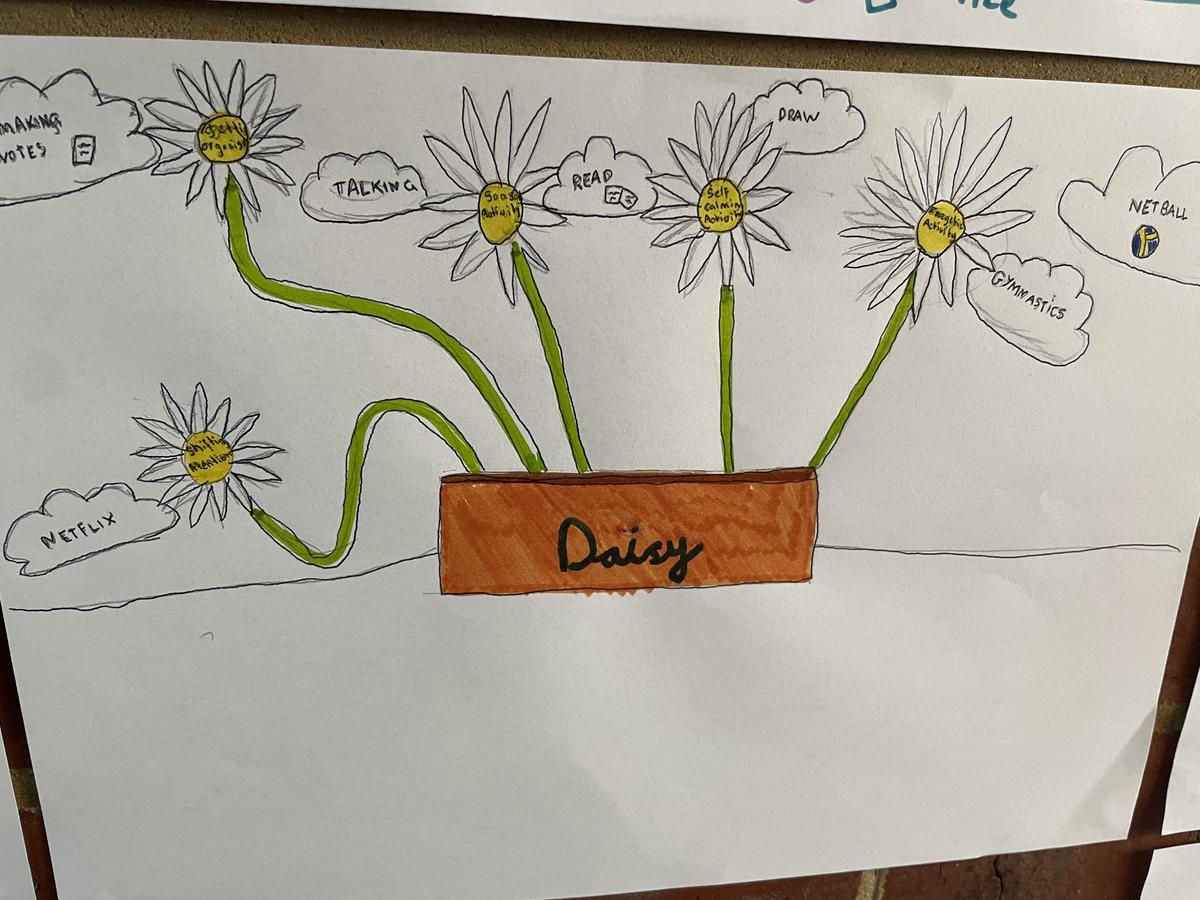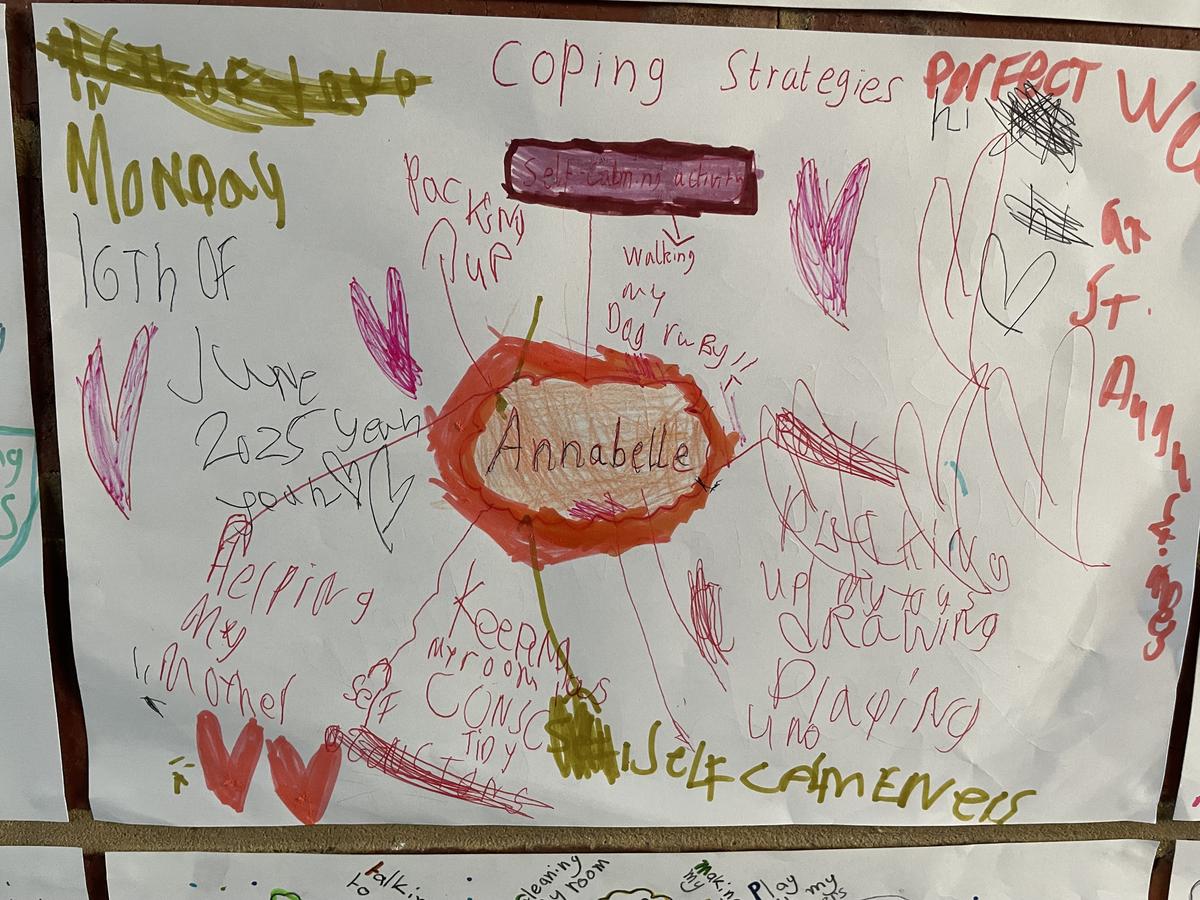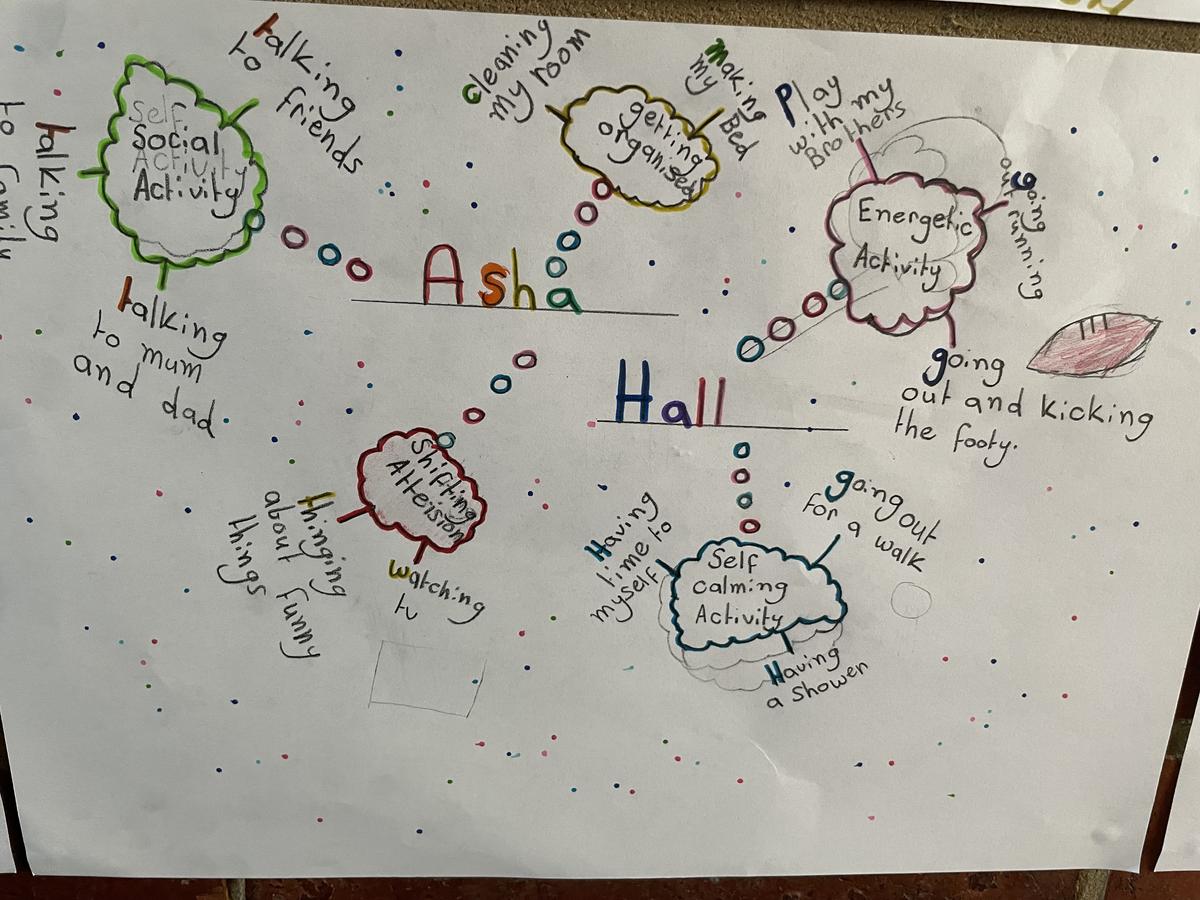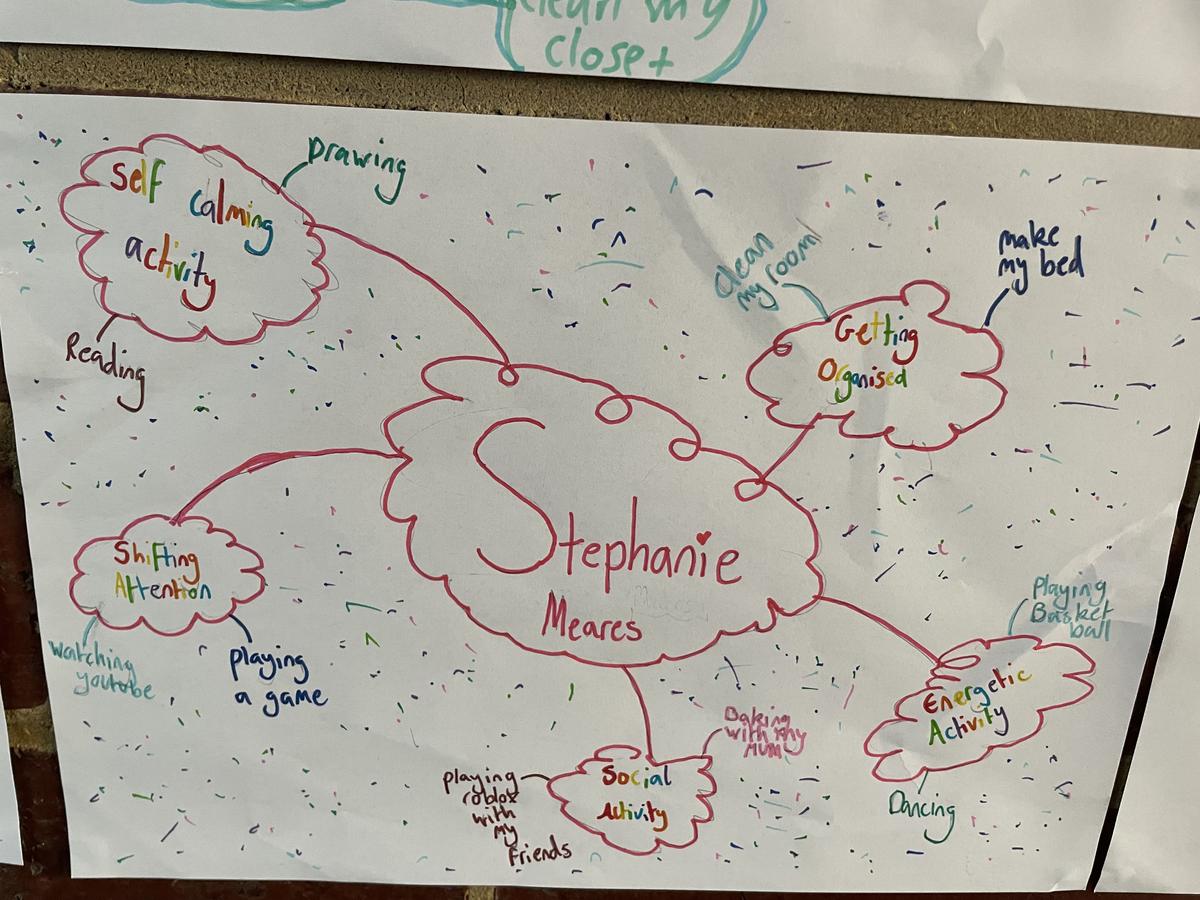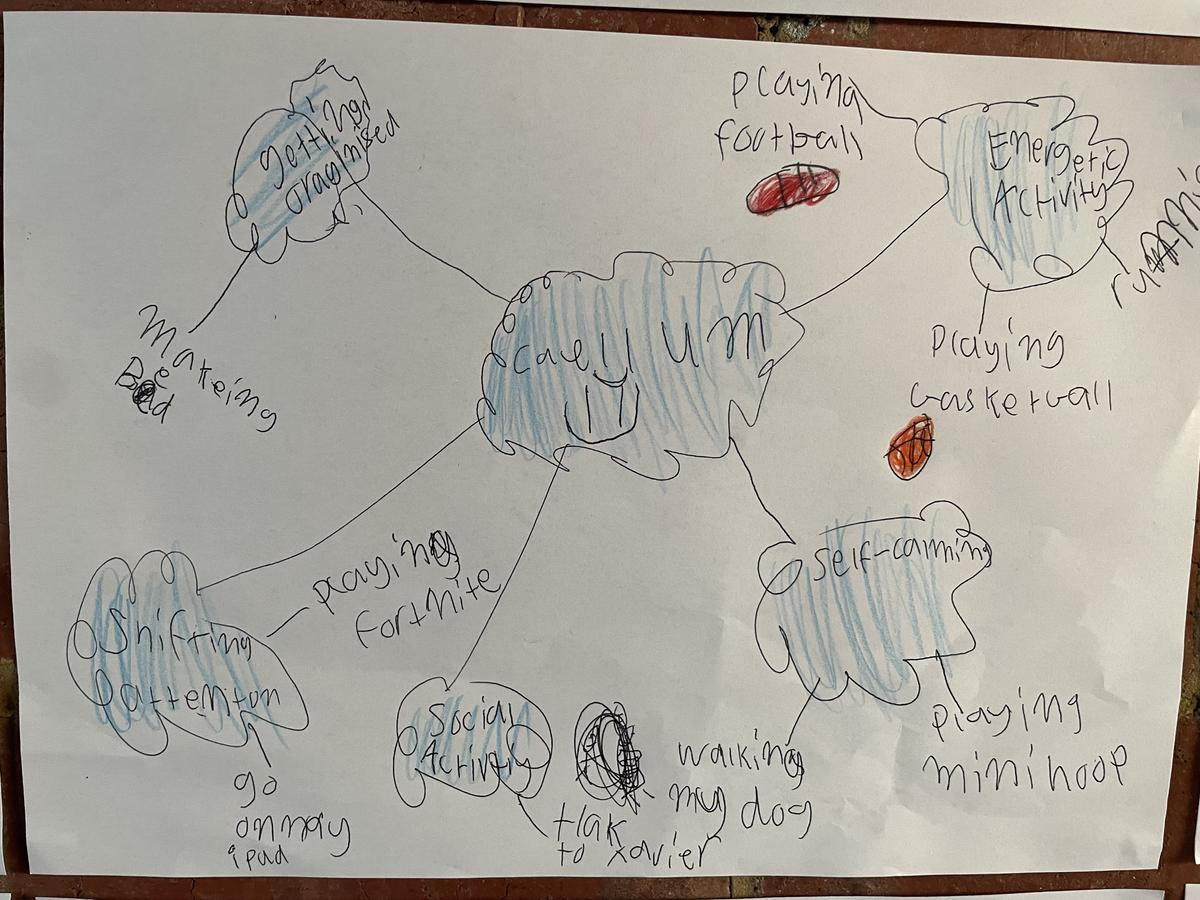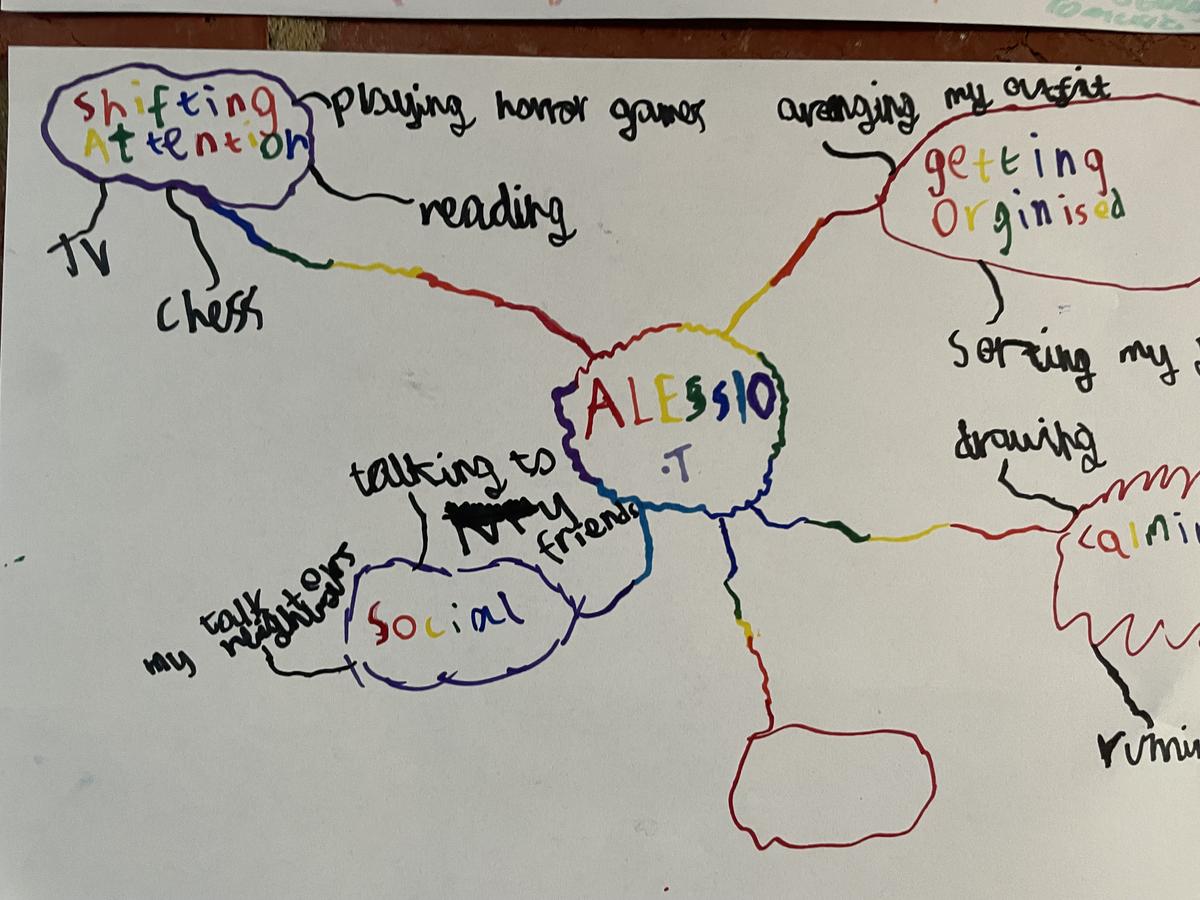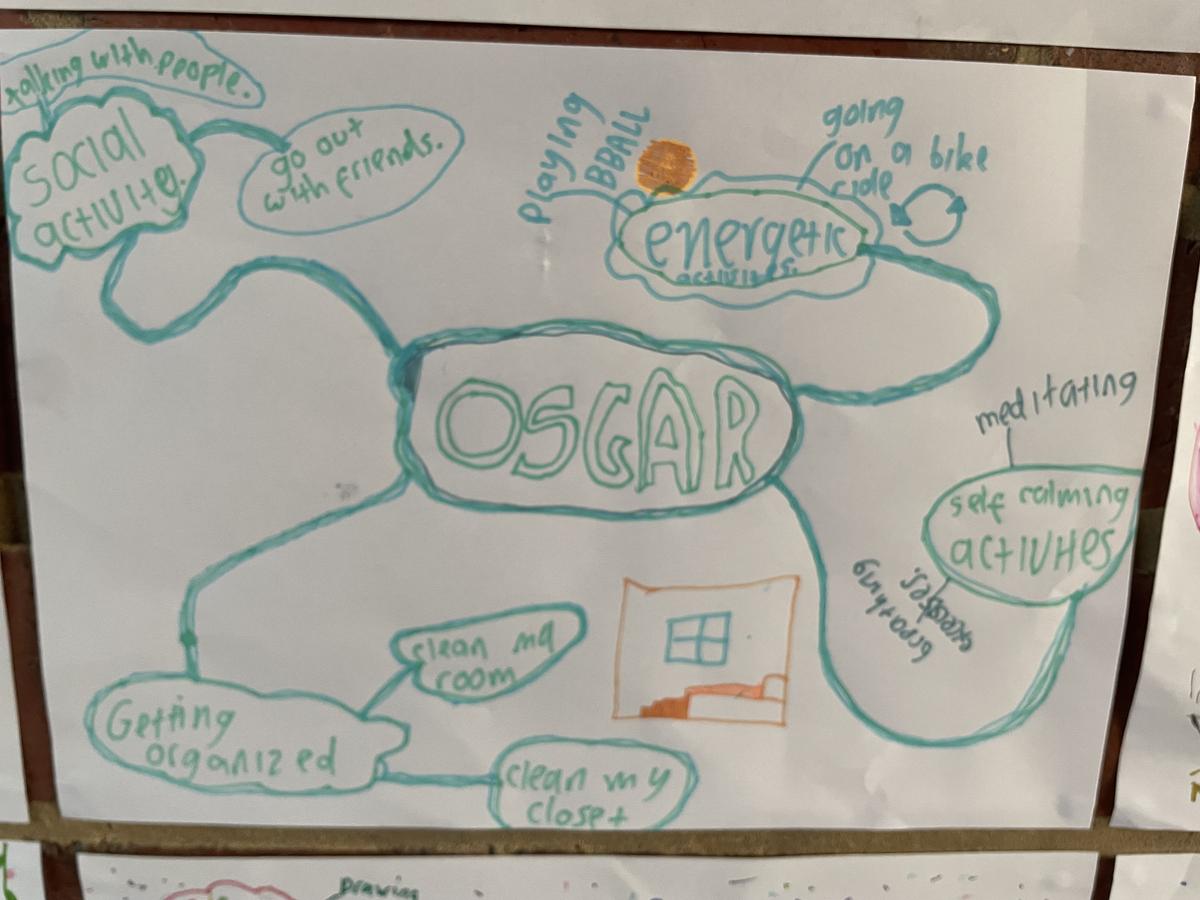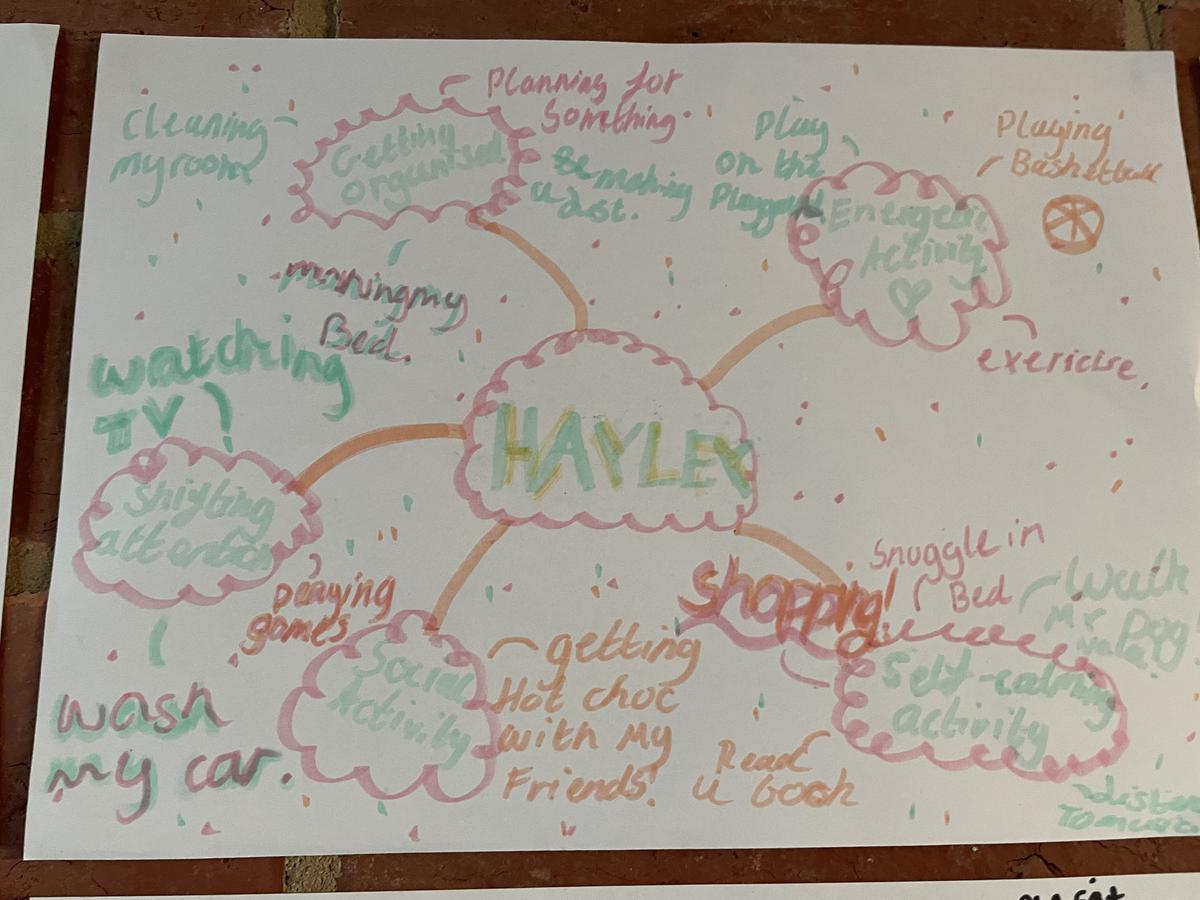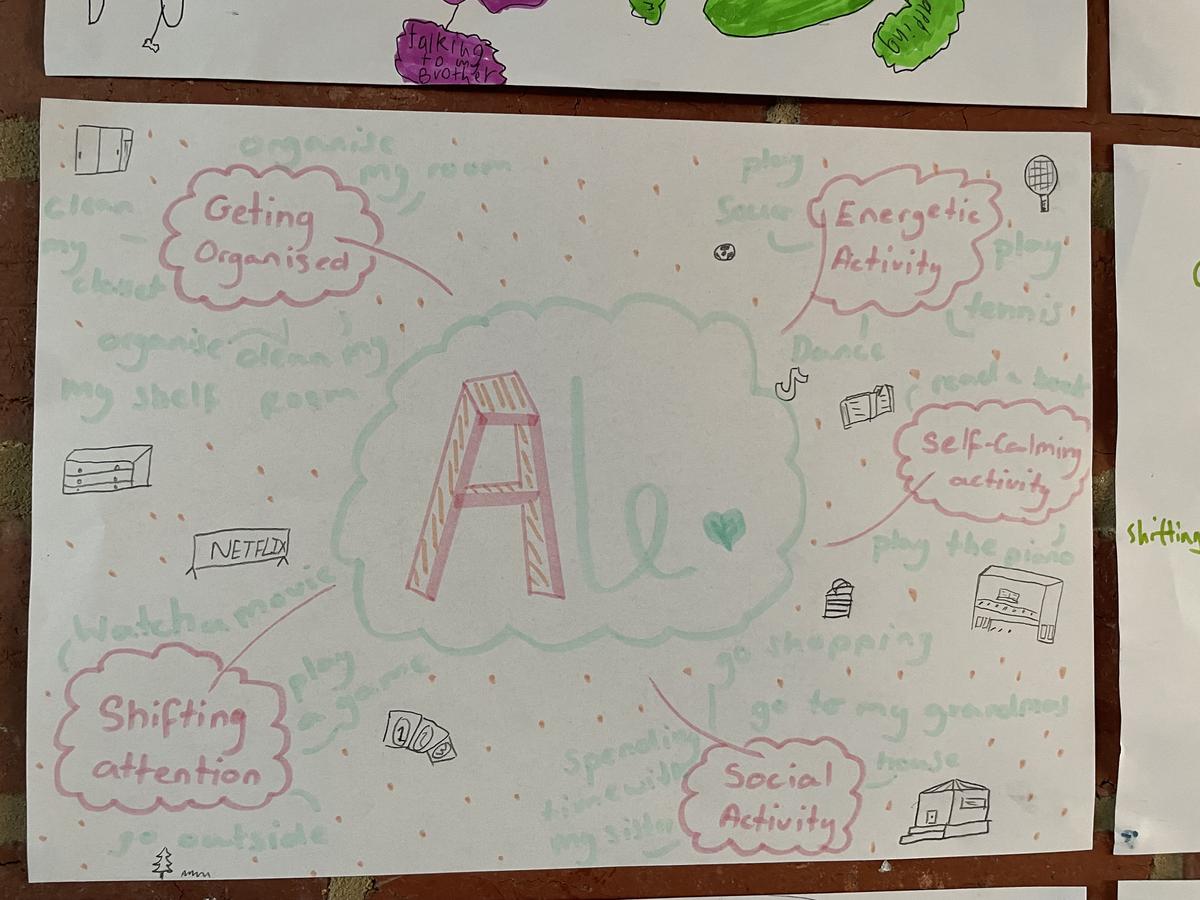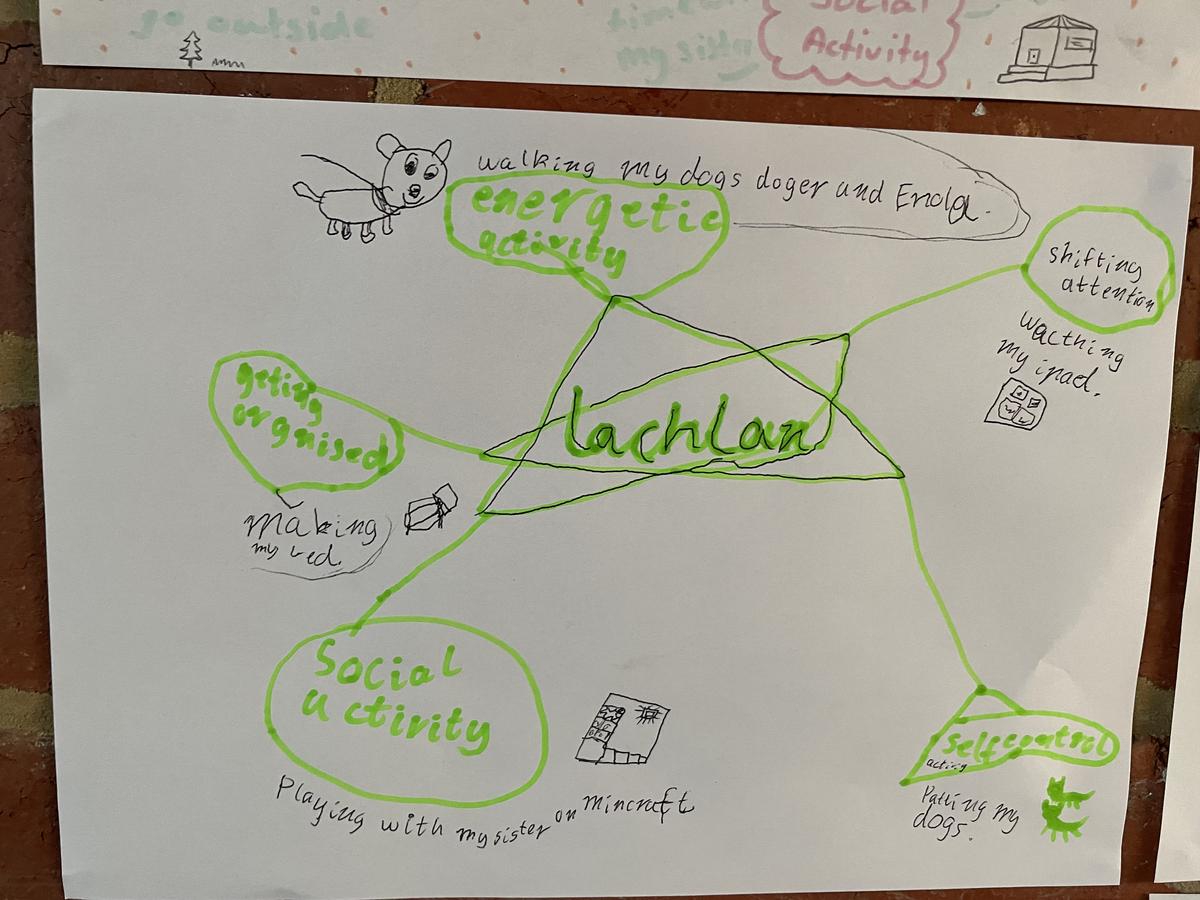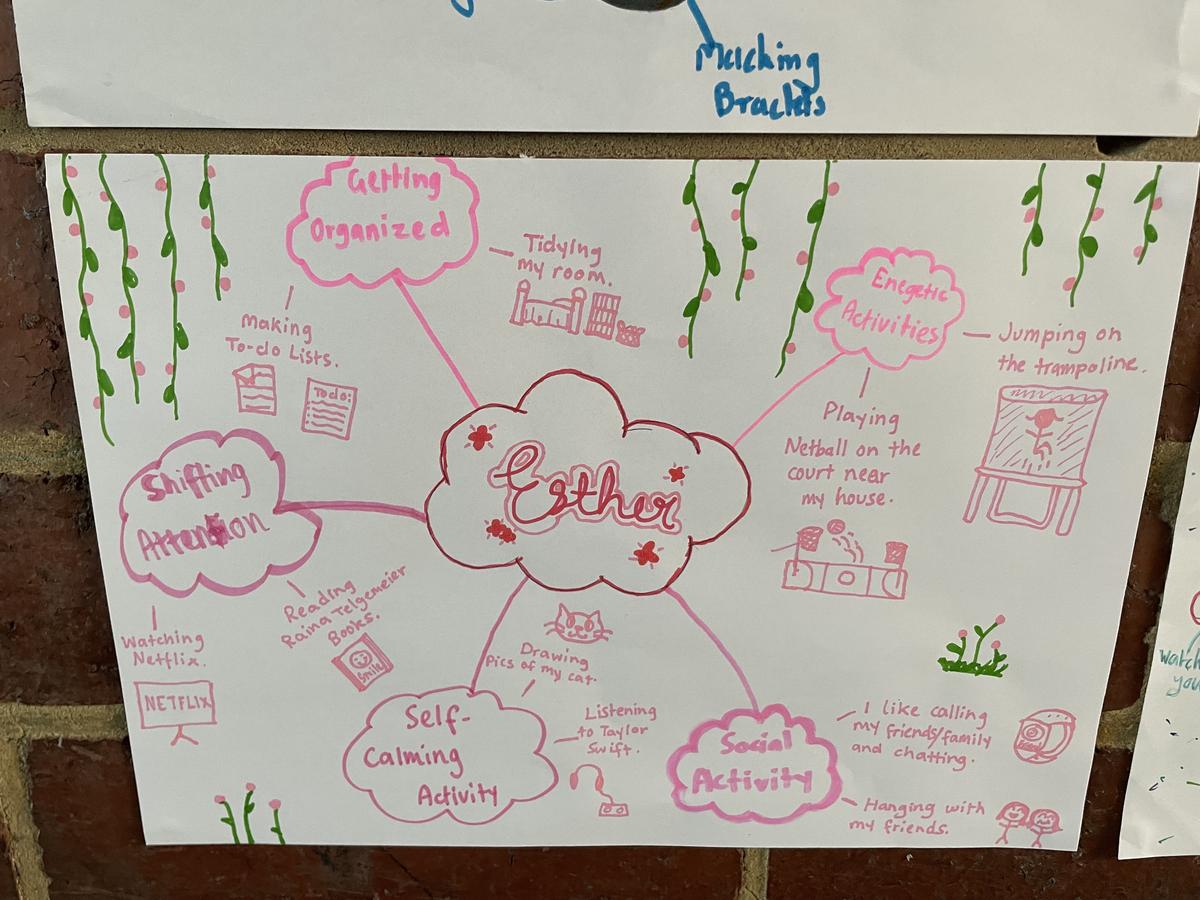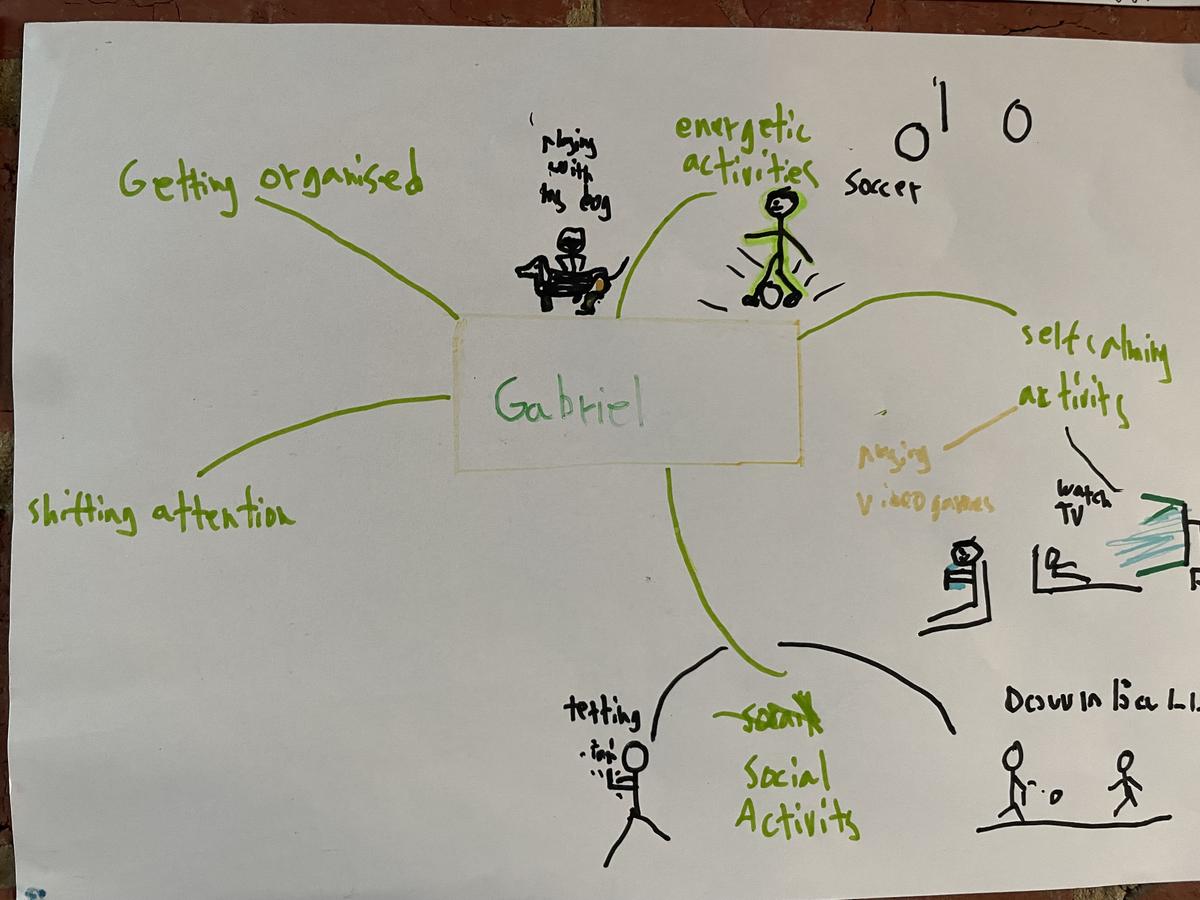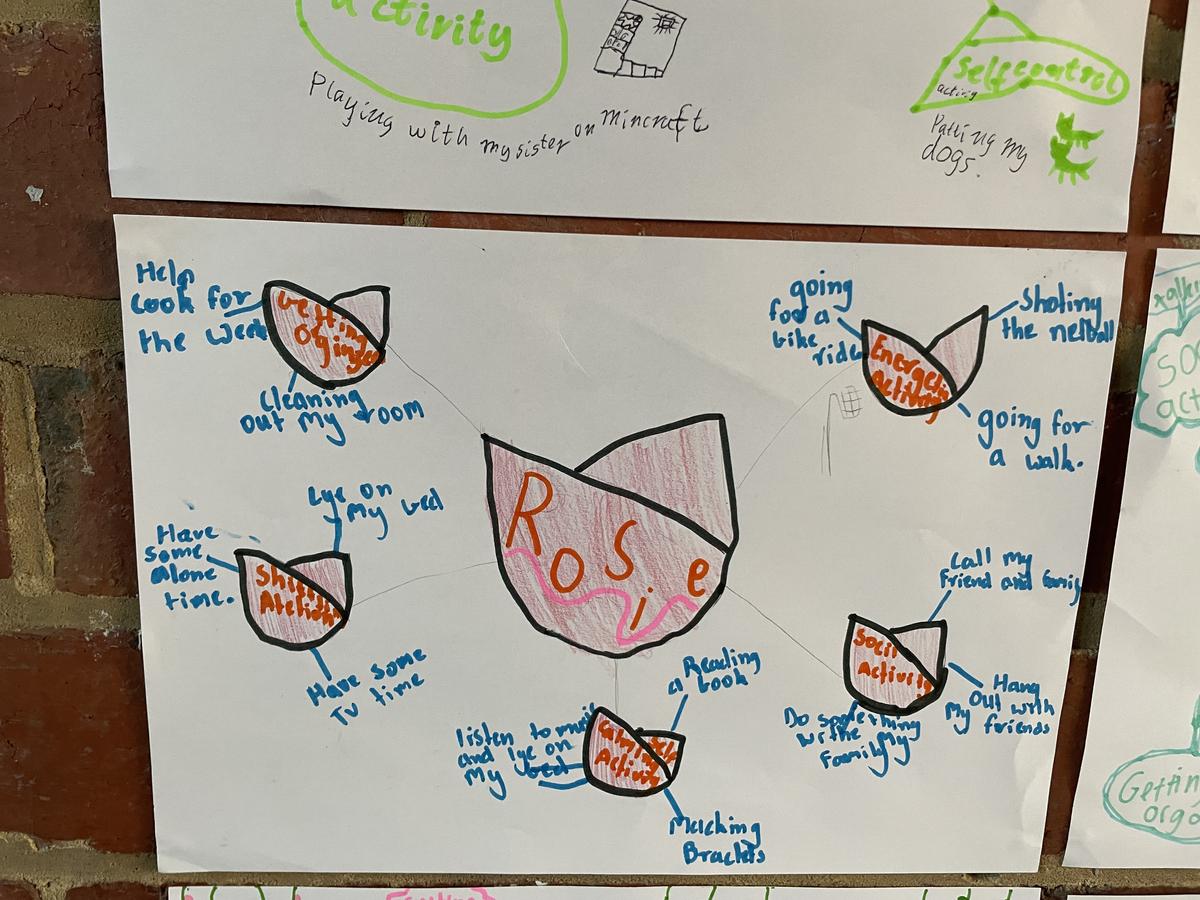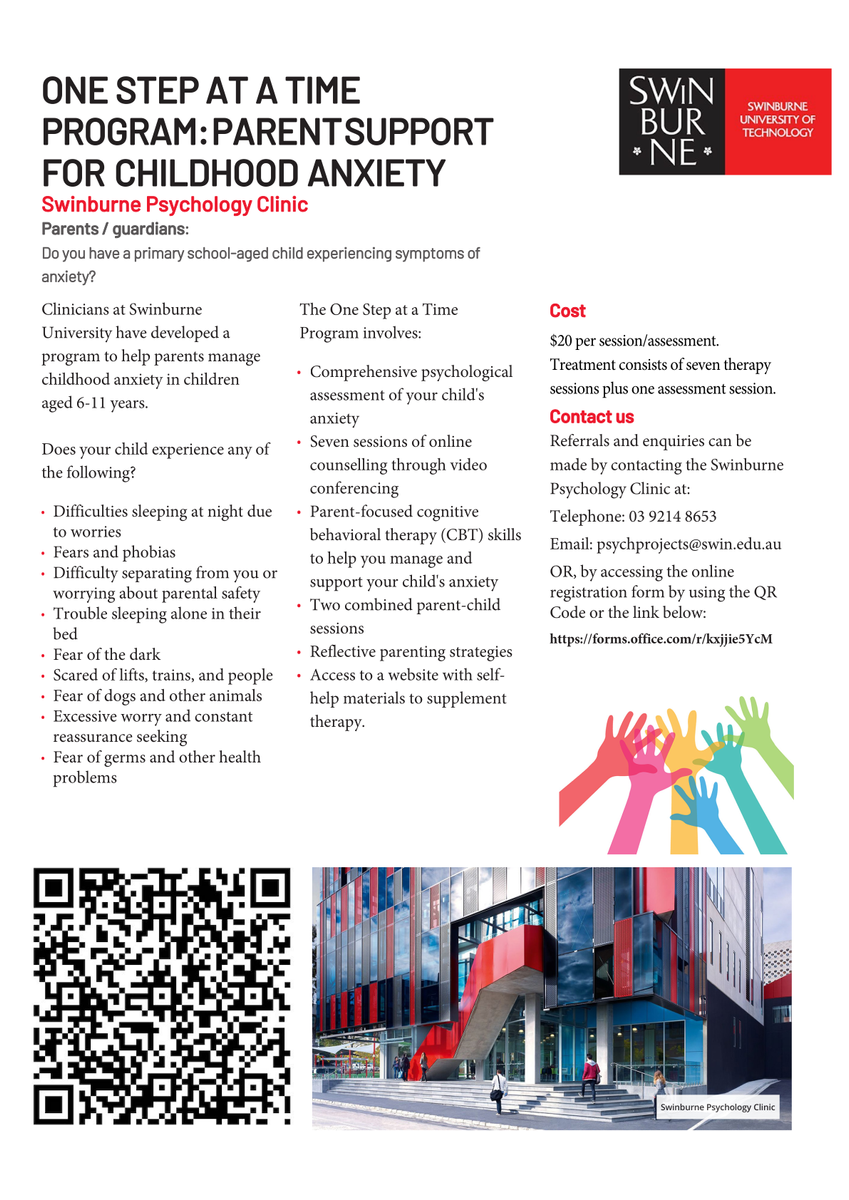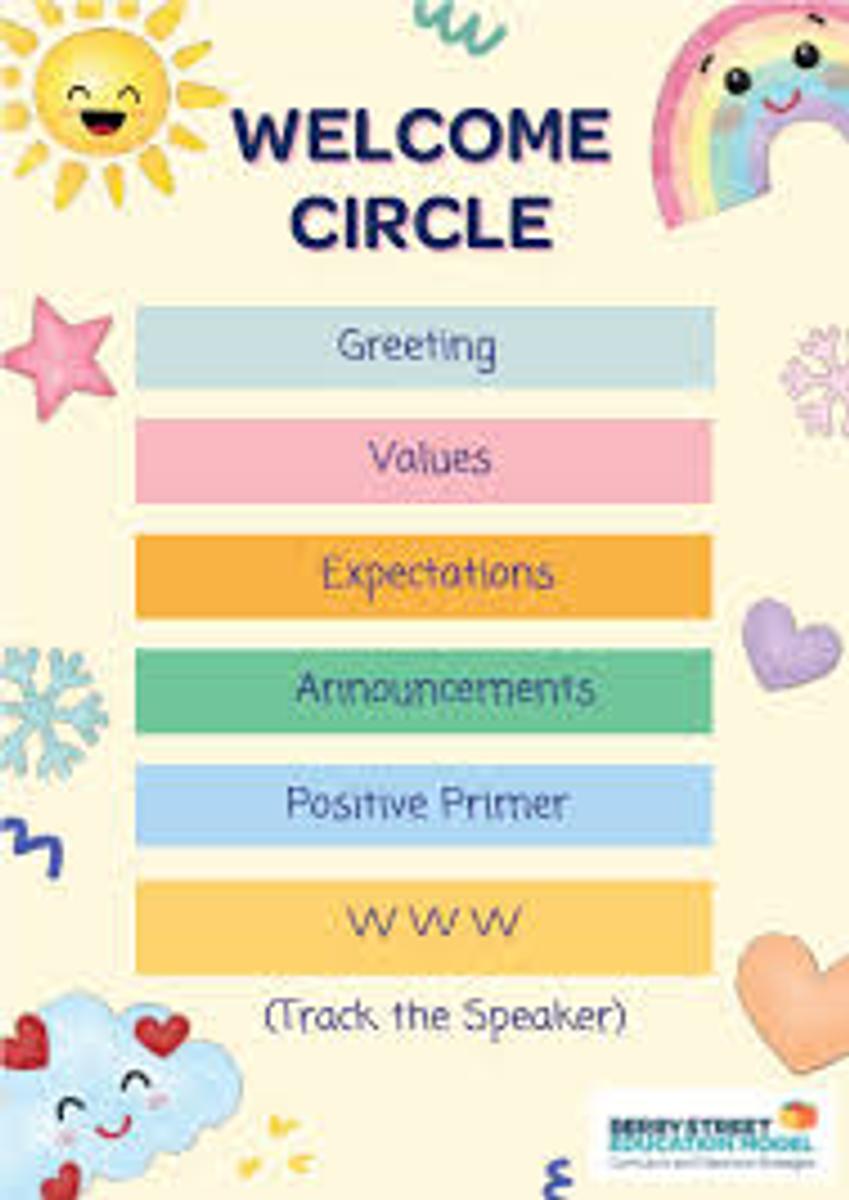Wellbeing News
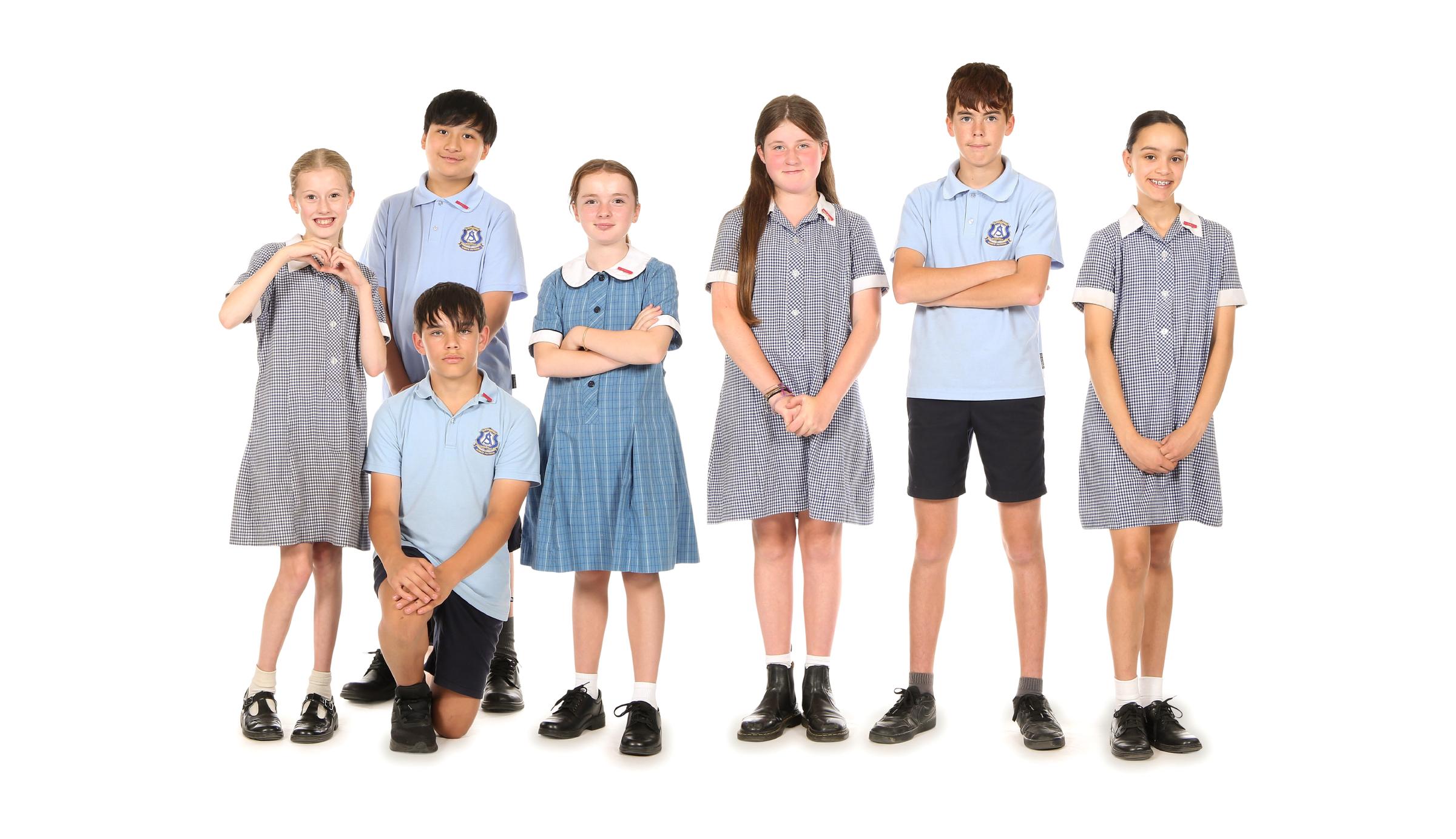
5/6 Respectful Relationships: Positive Coping
Over the past few weeks, the 5/6 classes have been learning about ways to cope with everyday life.
We had some great conversations throughout the topic and made it very clear that there are events in our life that can be stressful, worrying or hard to deal with. It is important that we have strategies to cope with stress in a positive way.
We had a discussion about ways that people can cope with stress, some positive and negative. For example, going for walks, listening to music, talking to parents or teachers, eating junk food, watching TV, drinking alcohol (adults).
We then focused on the 5 Positive Coping Strategies:
- Energetic Activity
- Self-Calming Activity
- Social Activity
- Shifting Attention
- Getting Organised
Below are some of the things our 5/6 students do to help cope with the stresses of everyday life in a positive way:
Aleksandra: Shifting attention by watching a movie
Xavier: Social interaction by talking to my older sister
Lachlan: Getting organised by making my bed each morning
Rosie: Energetic activity by going for a bike ride
Esther: Getting organised by cleaning my room each week
Gabriel: Social interaction by playing downball with my friends
Hugo: Energetic activity by kicking the football around
Oscar R: Self calming activity like breathing exercises
Stephanie: Social activity by baking with my mum
Hayley: Self calming activity by snuggling in bed under the covers
Alessio: Getting organised by arranging my outfits
Caellum: Self calming activity by taking my dog for a walk
Michael P: Shifting attention by playing video games
Annabelle: Getting organised by tidying up my room
Asha: Energetic activity by playing footy with my brothers
Ollie: Shifting attention by playing Roblox
Billy: Social activity by riding my scooter with my friends
Vivienne: Energetic activity by practicing my gymnastics
Fidel: Shifting attention by drawing freely
Daisy: Getting organsied by taking notes
Hazel: Self calming activity by reading a book
Kiera: Energetic activity by playing basketball
Aria: Social activity by talking to my mum
Heidi: Getting organised by doing my homework
Kevin: Self calming activity by being with my cat Theo
Yorke: Social activity by going for a ride with my friends
Charlotte: Energetic activity by going for a walk
Alastair: Shifting attention by playing Nintendo switch
Patrick: Energetic activity by playing cricket
Alexander: Shifting attention by drawing
Michael B: Self calming activity by playing with my dog Daisy
Vedder: Shifting attention by watching cool videos of trains
Oscar V: Social activity by eating lunch with my friends
Clementine: Shifting attention by watching a movie
Sofia: Energetic activity by going on a bush walk
James N: Self calming activity by building something with Lego
Stella: Self calming activity by talking to my dog Sonny
Pearl: Energetic activity by swimming twice a week
Khanh: Social activity by talking and playing with my brothers
Frankie: Self calming activity by listening to music
Tegan: Shifting attention by playing card games
Gus: Getting organised by helping with the washing
James L: Social activity by talking to my cat Romeo
At St Augustine’s, we are dedicated to creating a safe, inclusive, and respectful environment for every student. In Term 2, as part of our whole-school Respectful Relationships initiative, we are focusing on two key areas:
Positive Coping: We’re helping students develop strategies to manage stress and navigate challenges in healthy ways. By building resilience and practising self-care, they learn to handle difficult situations more effectively.
Problem Solving: We’re encouraging students to think critically and work through challenges thoughtfully. By exploring different problem-solving techniques, they strengthen their ability to make positive decisions and resolve conflicts constructively.
From Prep to Grade 6, our engaging lessons and activities are designed to equip students with essential skills to build respectful, positive relationships. Families can play a vital role by continuing these conversations at home, reinforcing our shared values of kindness, inclusion, and respect.
Thank you for your ongoing support in this important journey!
Important Information for Parents about NCCD
Please read the attached document if you have a child currently receiving NCCD funding or may be eligible to receive funding due to being recently diagnosed with a disability.
Berry Street Welcome Circles – Building Connection and Routine
After our insightful staff PD with Berry Street, we have taken our new learnt knowledge back into our classrooms for the start the day with a Welcome Circle – a powerful practice designed to foster connection, set a positive tone, and create a sense of belonging for every student. While the structure may vary slightly from class to class, the key components remain the same: greeting each other warmly, discussing our targeted values and class expectations, reviewing the day’s schedule, and ending with a quick, positive primer game to energize and engage. These circles not only help students feel seen and valued but also set them up for a successful day of learning. Ask your child about their favourite part of the Welcome Circle – it’s a great way to stay connected to their school day!

